Wedding
50 Kanuri Traditional Marriage Attires
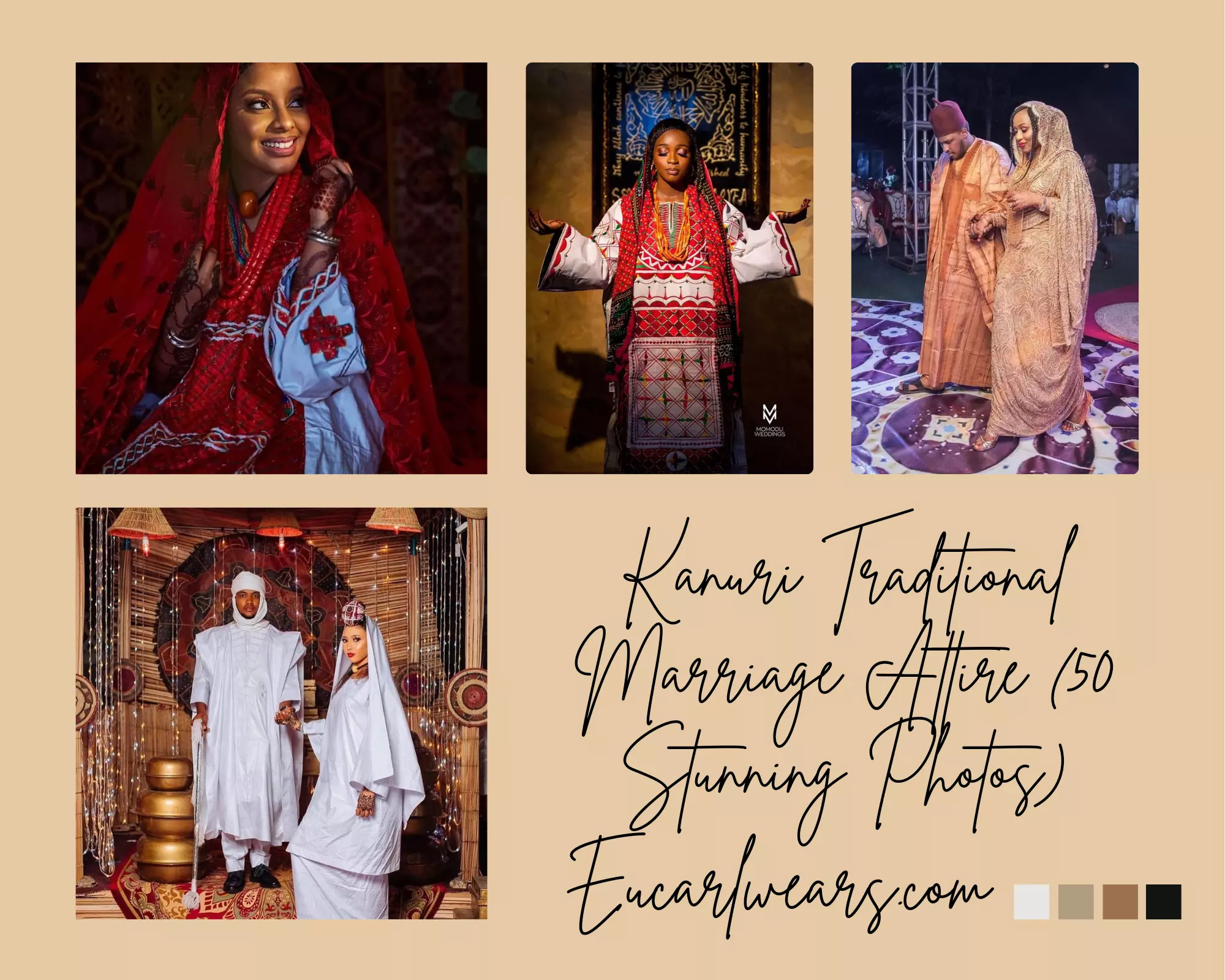
There are lots of wedding rituals in Northern Nigeria, but the Kanuri people are uniquely special. The Kanuri traditional marriage and the Kanuri culture as a whole is mostly influenced by Islamic traditions. The wedding rituals, dances, music, and foods, are ways that the Kanuri people express their culture and one that you should experience at least once in your lifetime.
Where Is Kanuri Located?
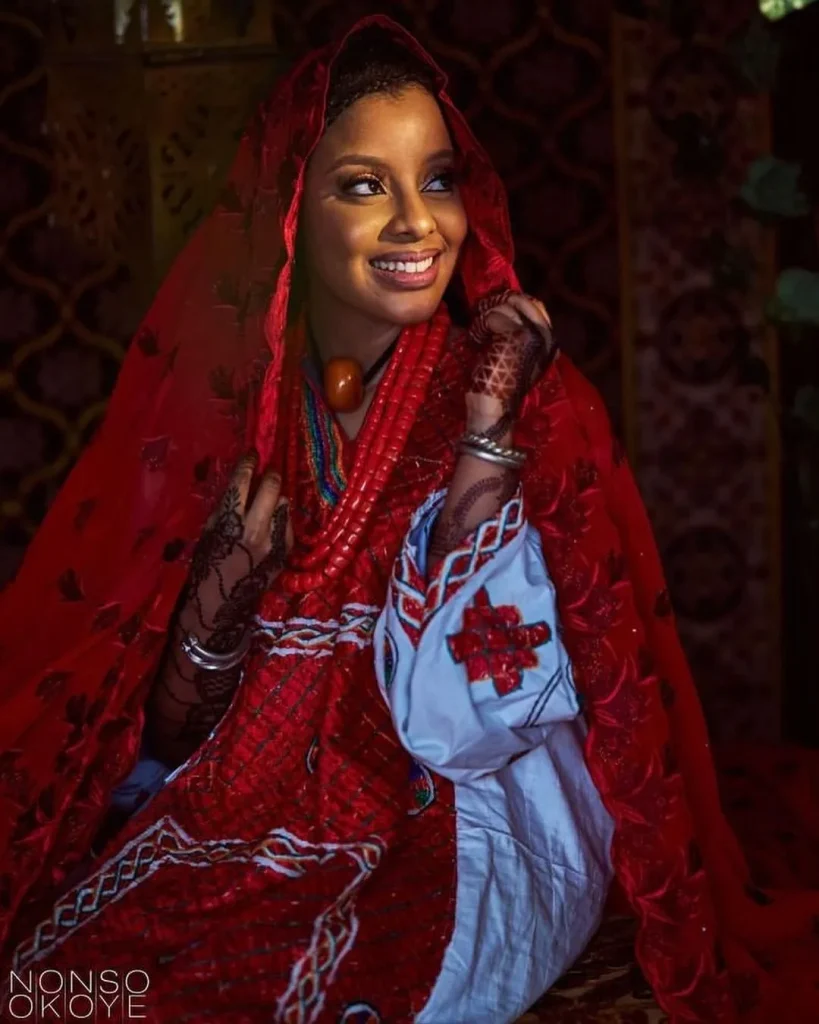
The Kanuri people densely populate major Northern cities in Nigeria and the neighbouring borders of Chad and Niger. They also predominate the Southwestern part of the Republic of Niger.
Is Kanuri An Ethnic Group In Nigeria?
The Kanuri people are an African ethnic group and are not restricted to Nigeria. They are inhabitants of the former Kanem and Bornu Empires in Niger, Sudan, Nigeria, Libya and Cameroon. The Kanuris have several subgroups including Yerwa, Kanouri, Kanowri, and Bare Bari, among others. In Nigeria, the Kanuri tribe are the dominant ethnic group in Borno State.
How Is Kanuri Traditional Marriage Done?
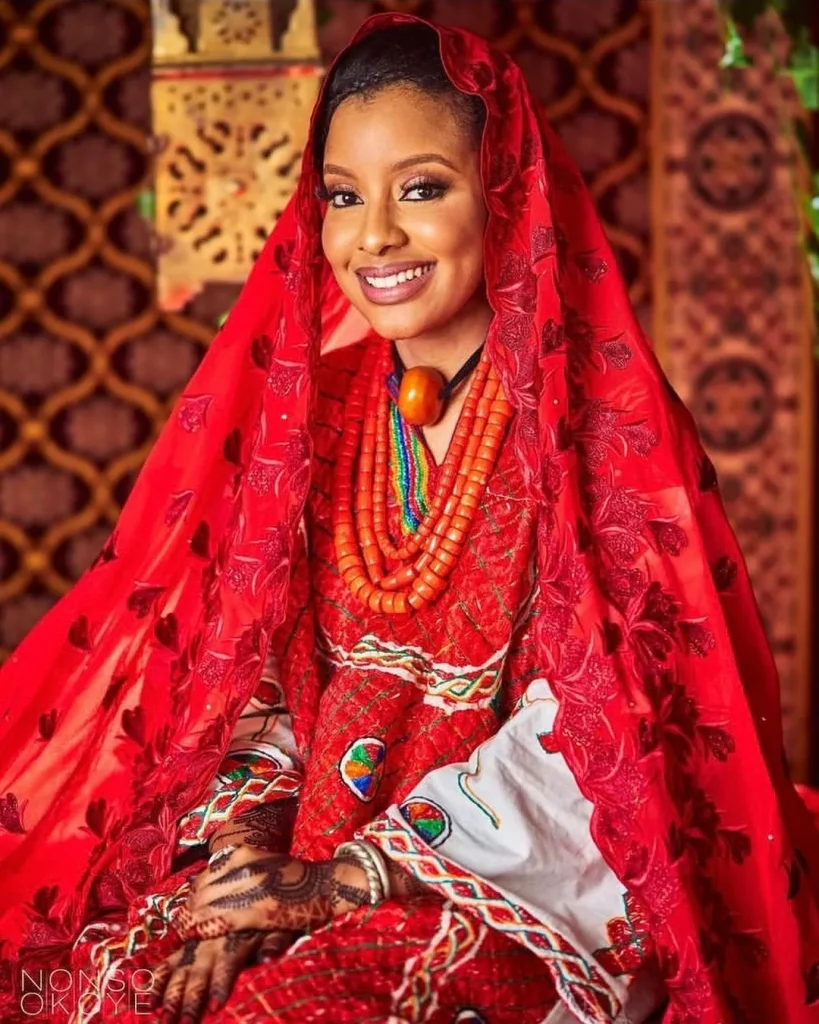
Kanuri traditional marriage rites are in line with the Islamic injunctions which are to express and observe: Love between the couple, respect for the bride’s father or guardian (waliyyi), Dowry payments (sadau), and acceptance between the families (sigga)
The marriage conduct of the Kanuris is unique but has some similar elements to traditional weddings in Northern Nigeria. Kanuri marriages are done at an early age. The females marry as teenagers (between the ages of 10 and 14) while the males marry in their twenties (as early as 20 years).
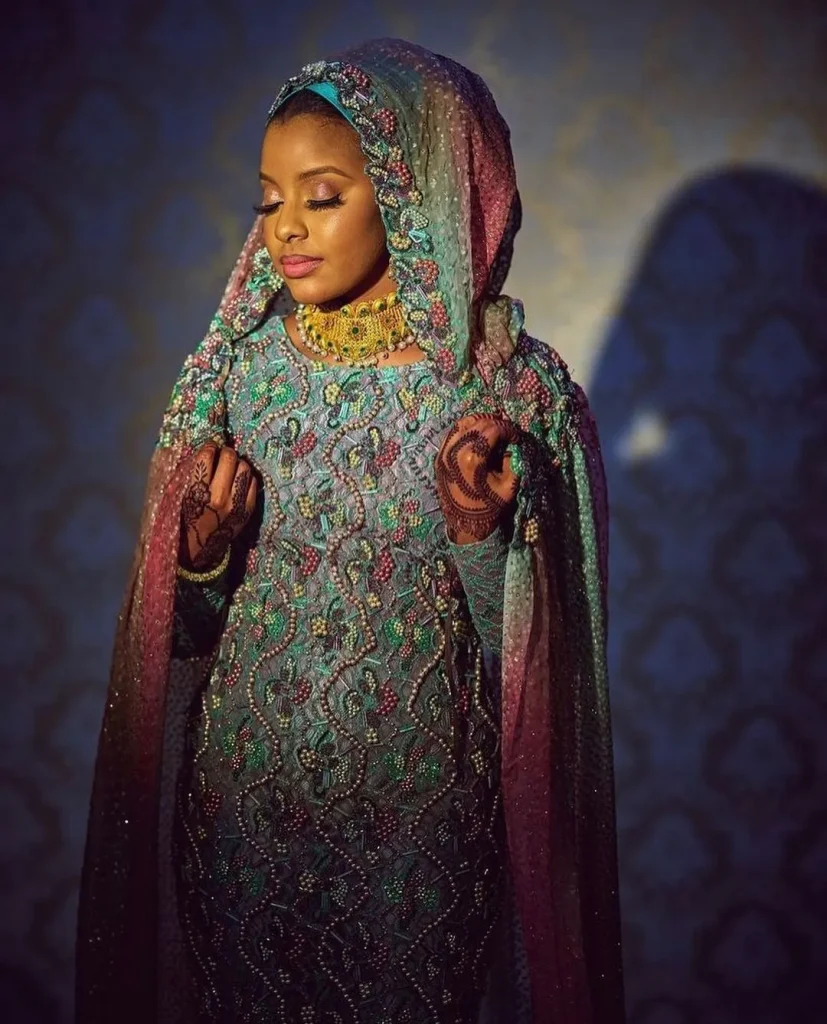
Since men marry very early in life, they are permitted by Islamic doctrines to take up as many as four wives. The groom’s parents marry a bride for him who is often a young virgin at the first marriage. This girl-child marriage is usually expensive as high value is placed on young virgins.
The man in question must be a relative or family friend to be accepted as a groom. Whether or not the young bride knows their suitor, they must agree to the marriage since her parents have already done that for her. Arrangements for the wedding procedures are done by the bride’s family and a representative (luwali) from the groom’s family.
Pre-Wedding Rituals Of The Kanuri Tribe
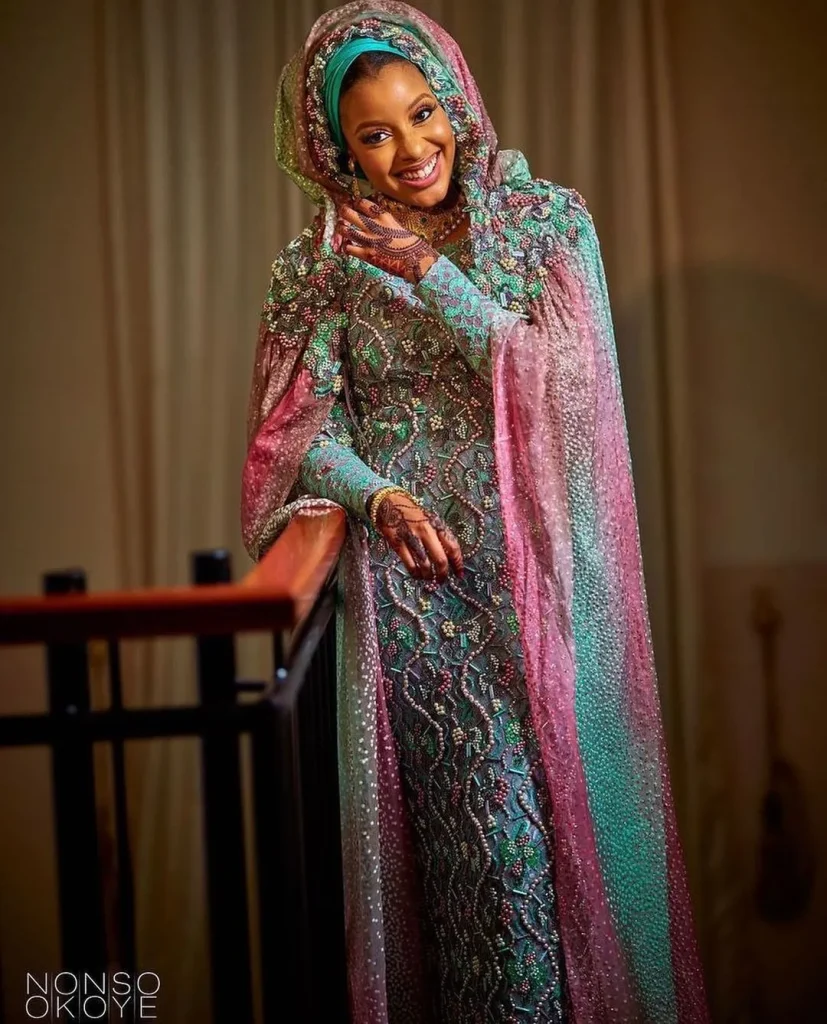
Before the main wedding ceremony, the following events take place:
First Visit
The bride confirms her consent to marry the groom. A second meeting day for the groom’s family is fixed by the parents or guardians of the bride
Second Visit
Presentation of items to the family of the bride family. This is done by the groom’s elders to seek the bride’s hands in marriage. The items offered include a bag of kola nuts, chewing gum, and candies. These items are then distributed to the relatives and well-wishers by the bride’s family
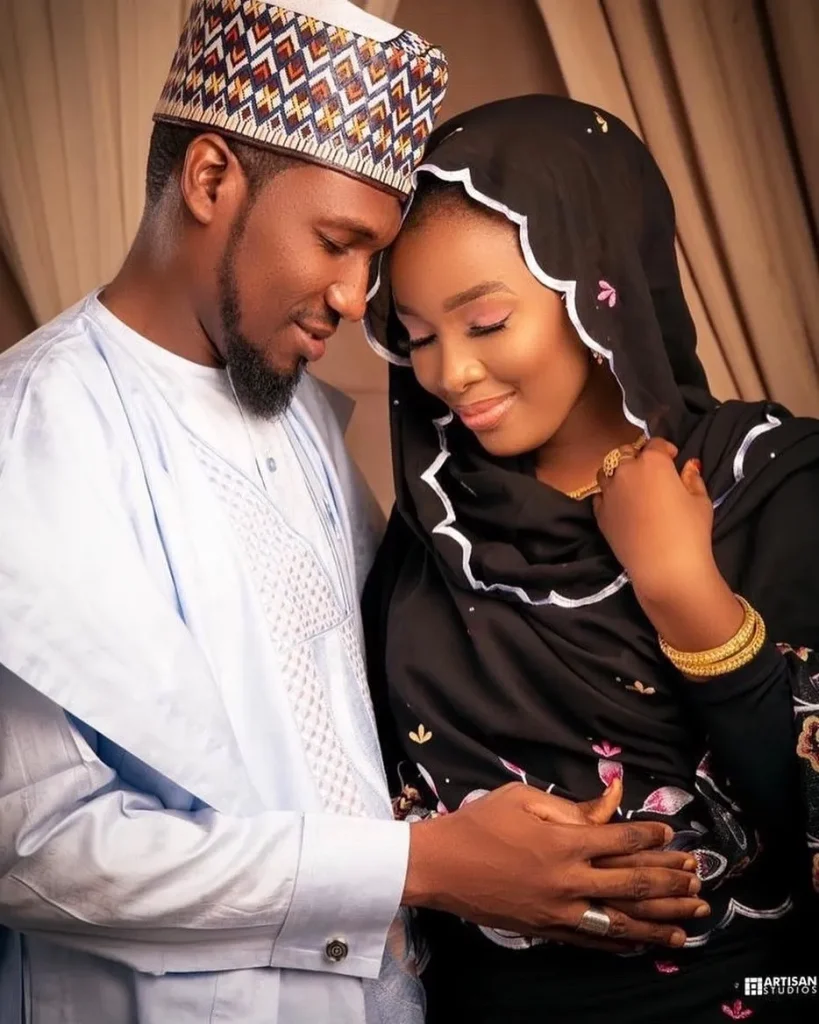
“Declaration of Interest” (Ra’aki). At this phase, the groom’s sisters, and female cousins declare their marital intentions while presenting fabrics, cosmetics, boxes full of clothes, and shoes, to the bride. The kola nuts, chewing gum, and candy are presented again as they break the news.
This Ra’aki is only half of the Kususuram phase, during which the main wedding gift is presented to the bride by the groom after the marriage.
Third Visit
This phase is where the groom’s relatives make payments in gold coins of the agreed dowry. Haggling can also be done during the payment of dowry.
Fourth Visit
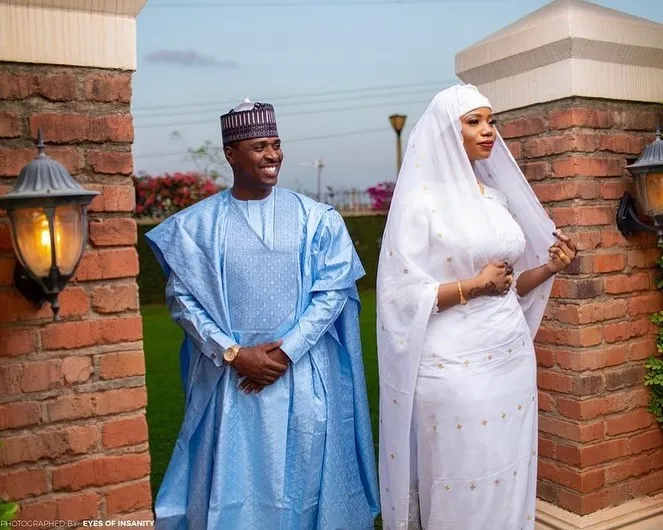
It is at the fourth visitation that a wedding date is fixed.
Henna leaves, kola nut, soaps, chewing gum, candy, boxes of clothes, and incense (Turaren wuta and Humra) is given to the bride’s aunties from her father’s side (bawaa).
On the night of this day is the Wushe-wushe night. This is similar to the bridal shower though the groom and friends may come visiting. It is usually a colourful event on the eve of the wedding day at the bride’s home.
Kanuri Traditional Wedding Proper
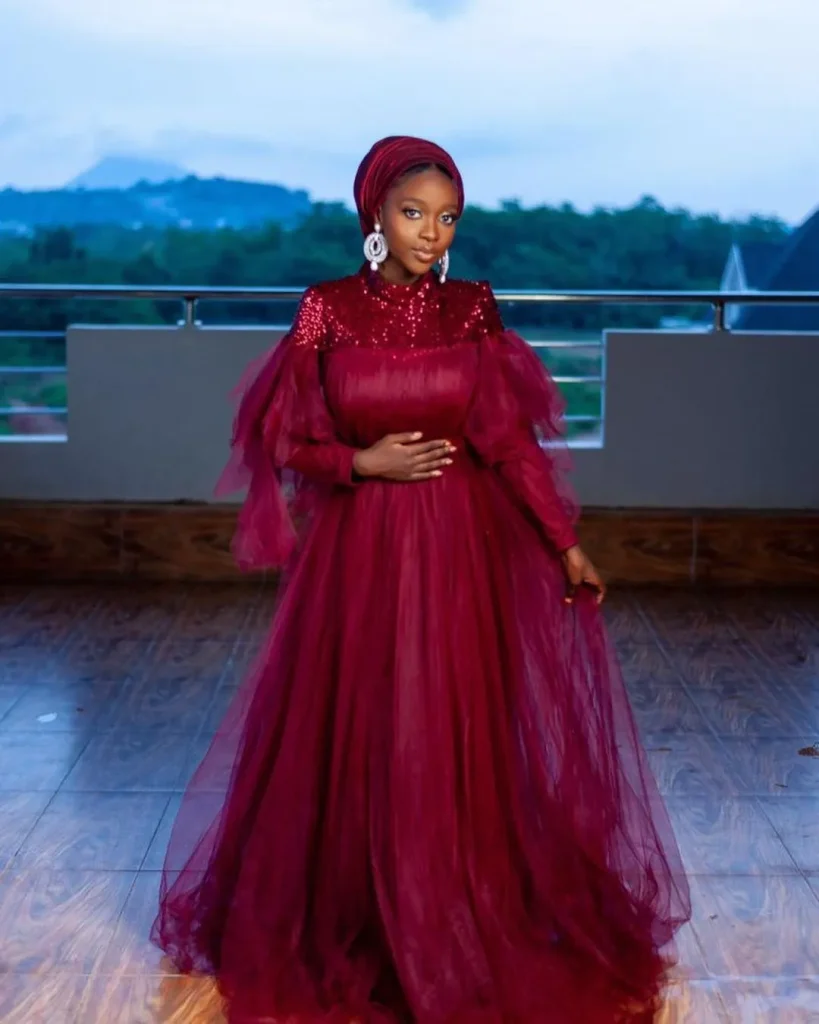
Gambara is a traditional attire worn by the Kanuri bride on her wedding day. The wedding decorations start with Nalle (Henna) or Lalle of the bride and other females’ hands, palms, and legs. Events such as Kla Tulta, Kla Kerta and Kalawa take place on this day.
Kla Tulta
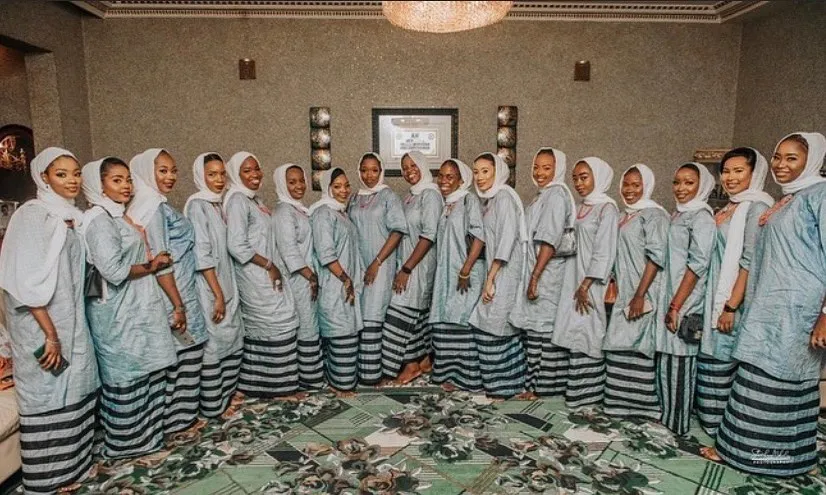
The wedding solemnisation day is opened with Kla Tulta which means washing of the bride’s hair in preparation for plaiting (kla kerta). This is usually done in the morning by one of the bride’s aunties. The bride sits on a white mat (beji bul) on her mother’s veranda or sitting room (kafiya yai). A separate sitting mat and pillow may be set aside for the big aunty doing the hair washing.
During this time, the men assemble in the family compound to conduct the wedding Fatiha.
The bride’s friends collect the foam from the washed hair in a container, add sweets, candies, and chewing gums to it and sell it to the groom’s friends based on negotiations when the kususuram is paid. The bride’s friends would not allow the groom (kususu) access to the bride if this is not bought.
Kla Kerta
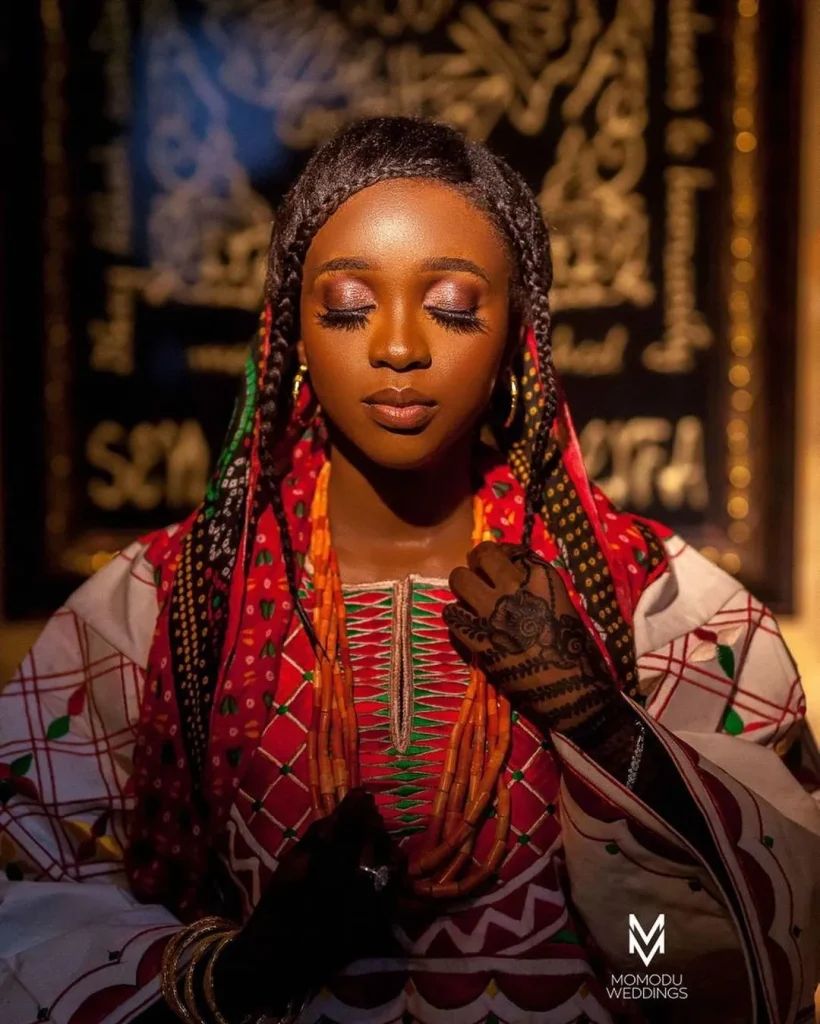
After the bride’s hair is completely washed, a professional hairdresser (duramma) is invited to plait it into the traditional Kanuri hairstyle (kla yeska). Honey and date palms are put into the bride’s mouth throughout this exercise. She is not to pour it out or swallow it and is considered a test of her patience.
The groom is to pay for all these as they are part of the kususuram, a collection of items gifted to the bride and her family by the groom’s sisters and cousins. A ram, gallon of oil, and sacks of food items among others form part of the kususuram for Kalawa.
Kalawa
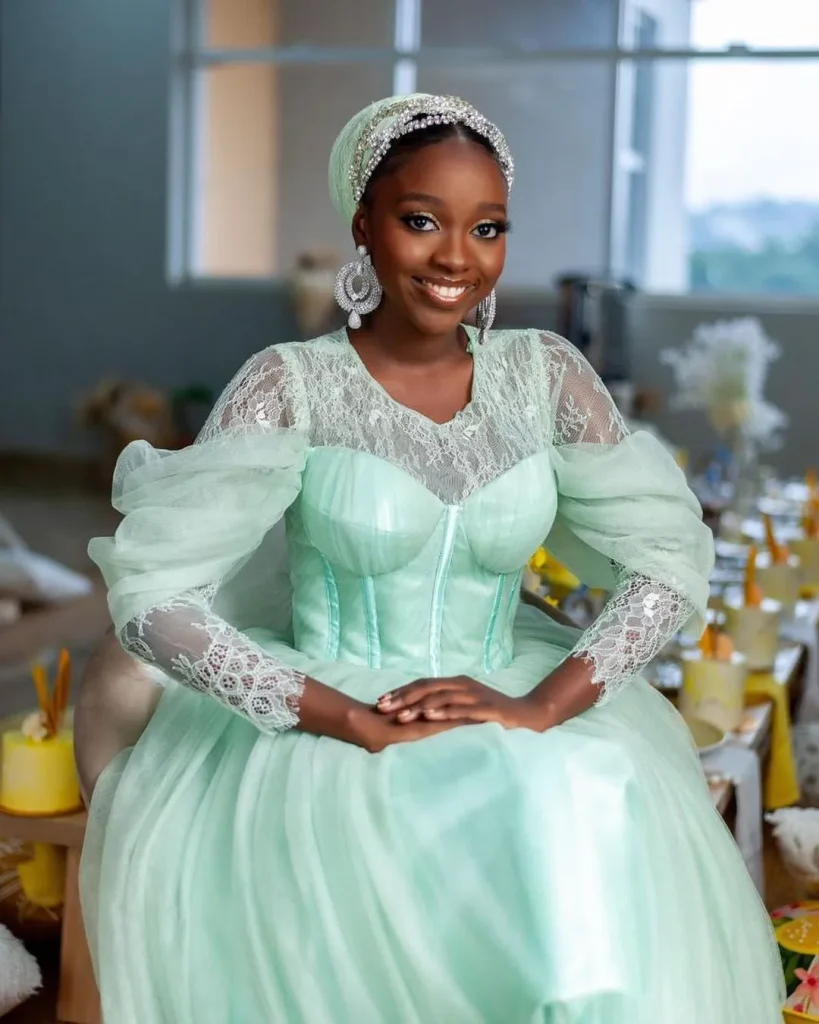
Kalawa is one of the major activities that take place on the Kanuri traditional wedding day. After the kususuram is brought by the groom’s men, which includes foodstuffs for the kalawa meal, the bride’s aunties and sisters will start cooking. Brabisco – a soup made from the digestive organs of the ram brought by the groom is cooked.
When the food is ready, it is collected in a bowl (kan. buwur) and one of the bride’s aunties fill the bride’s hands with the hot food from the bowl three times. As the aunty fills her hand, she pours it back into the bowl after each round.
Kalu
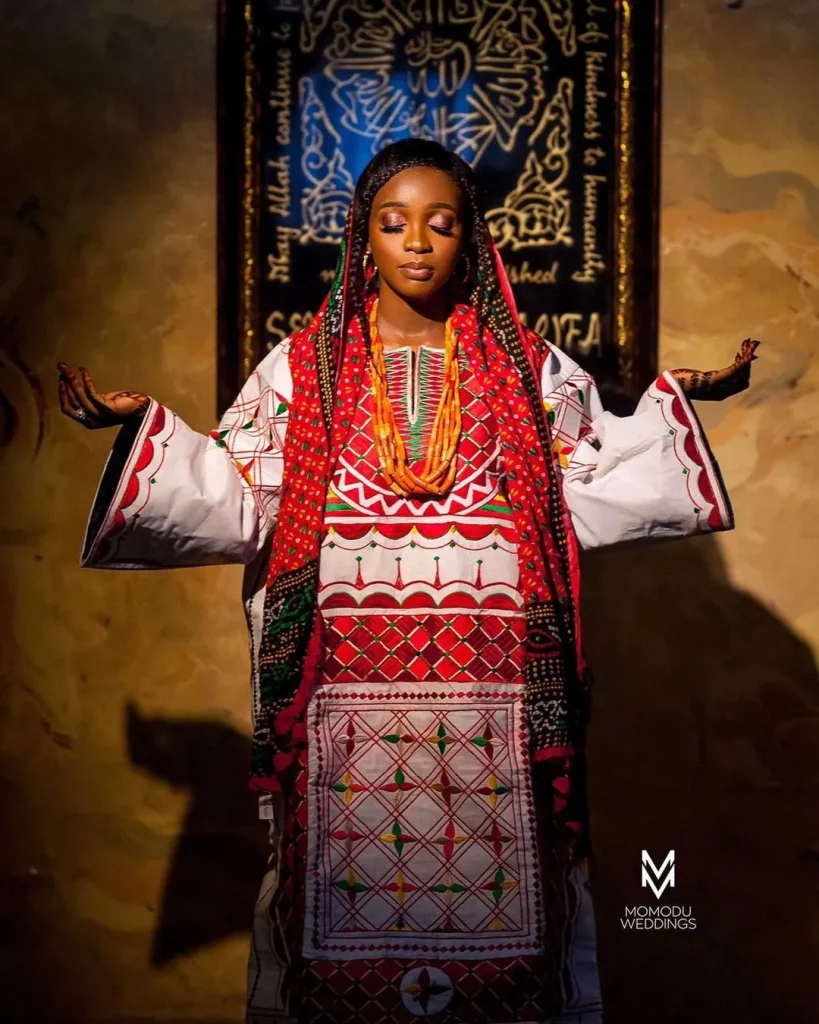
Like kalawa, kaulu is another important ritual of the Kanuri marriage. Here, the bride sits on a white mat, surrounded by her friends and relatives and kaulu (any slippery substance like okro or moringa) is applied on her palms by different persons.
As they do this, they also drop some tokens for the bride in a bowl. This money js for the new couple to sustain themselves and to use as capital to start something.
After Kaulu, the bride is decorated and taken to her new matrimonial home in the evening.
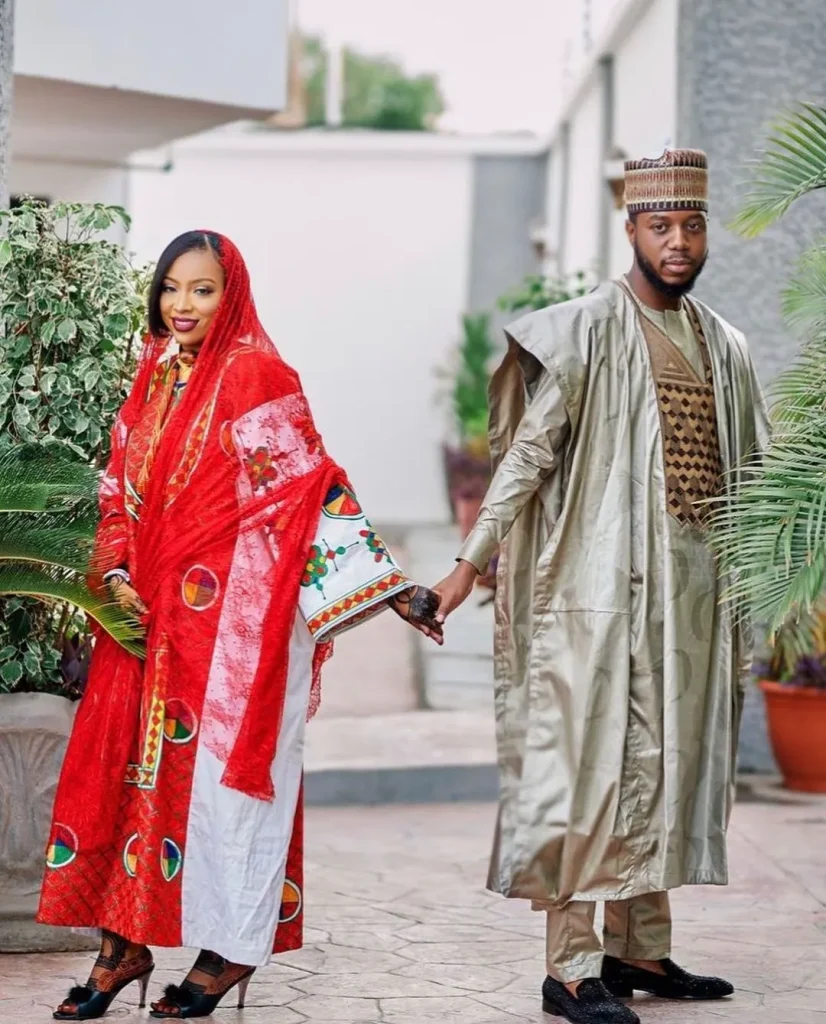
Dilla is a marriage tradition of the Kanuris where the bride is carried on the backs of her mother and aunties. She is passed around on the backs of different female family members whilst dancing around to felicitate with her on her marriage.
Other Pictures Of Kanuri Traditional Marriage Event
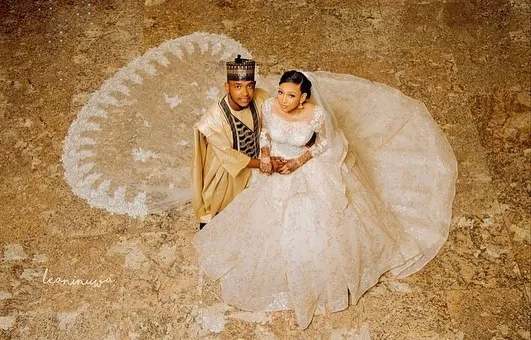
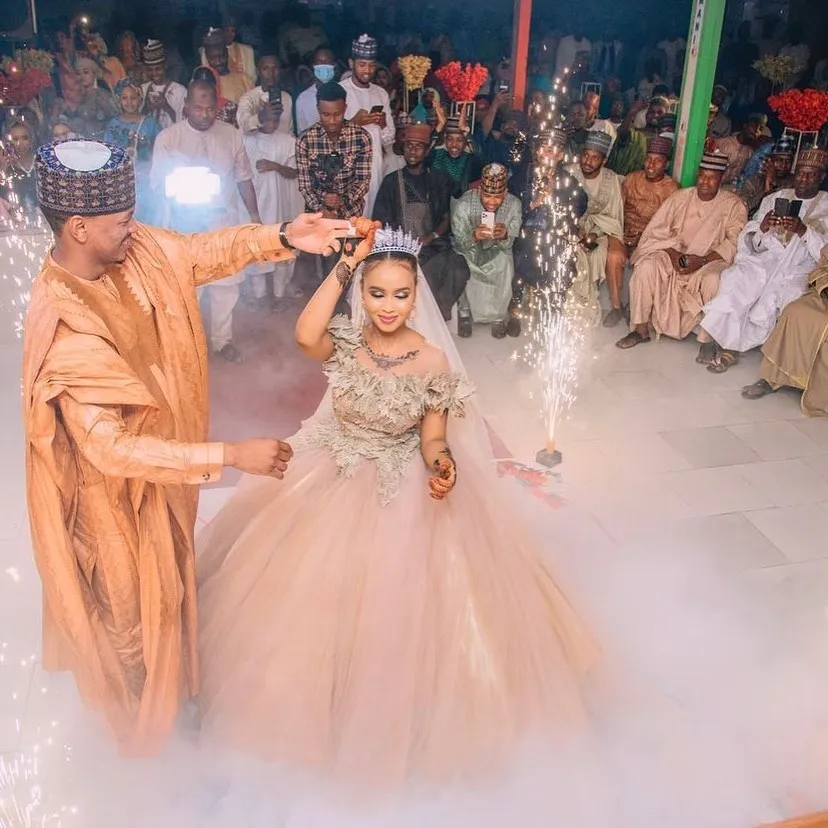
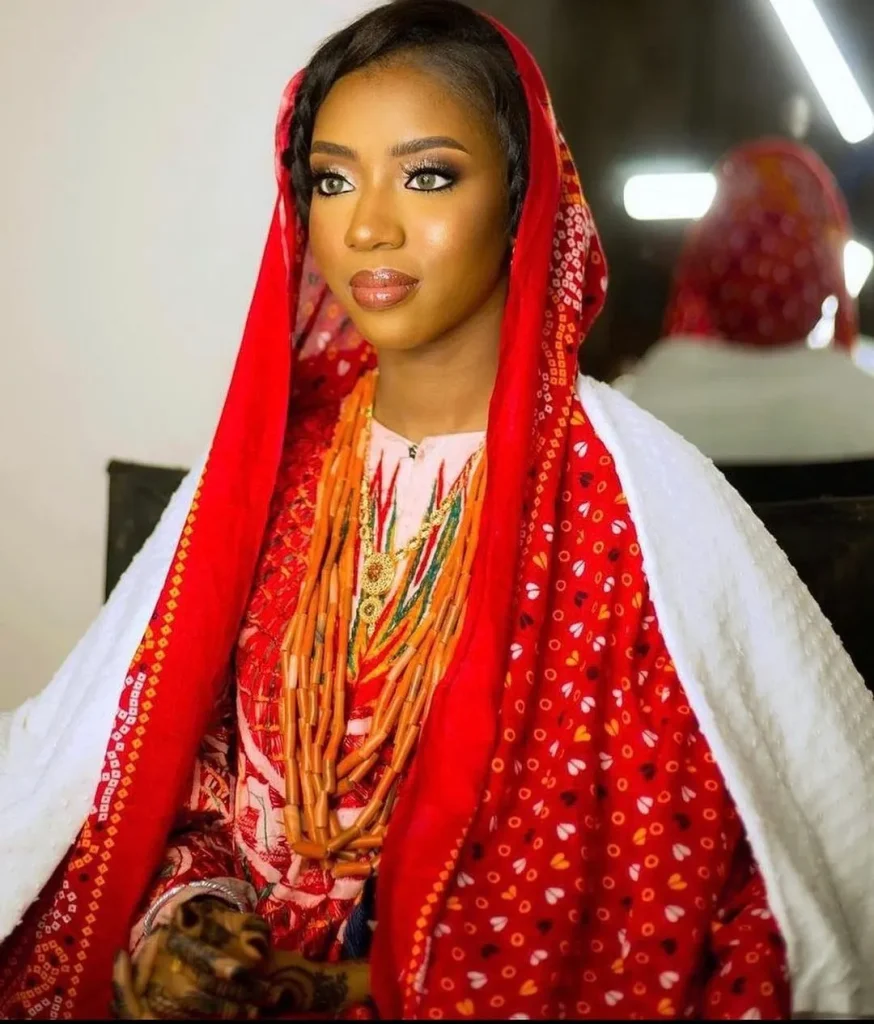
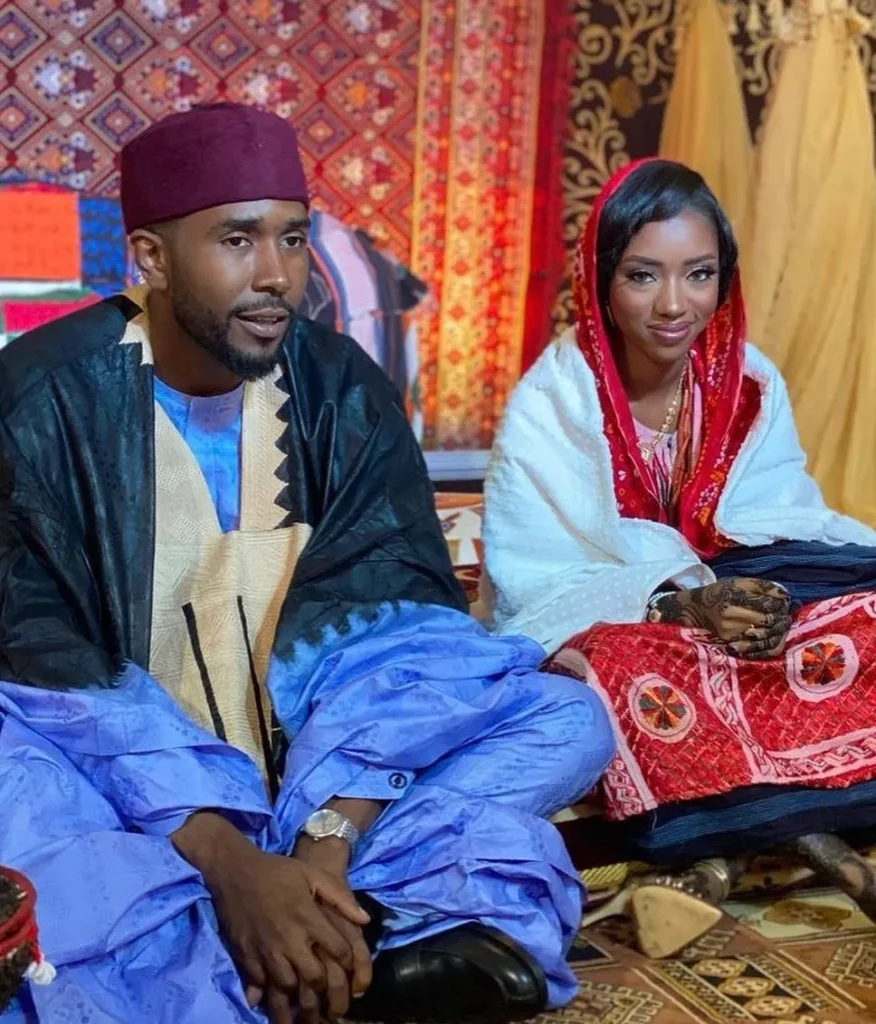
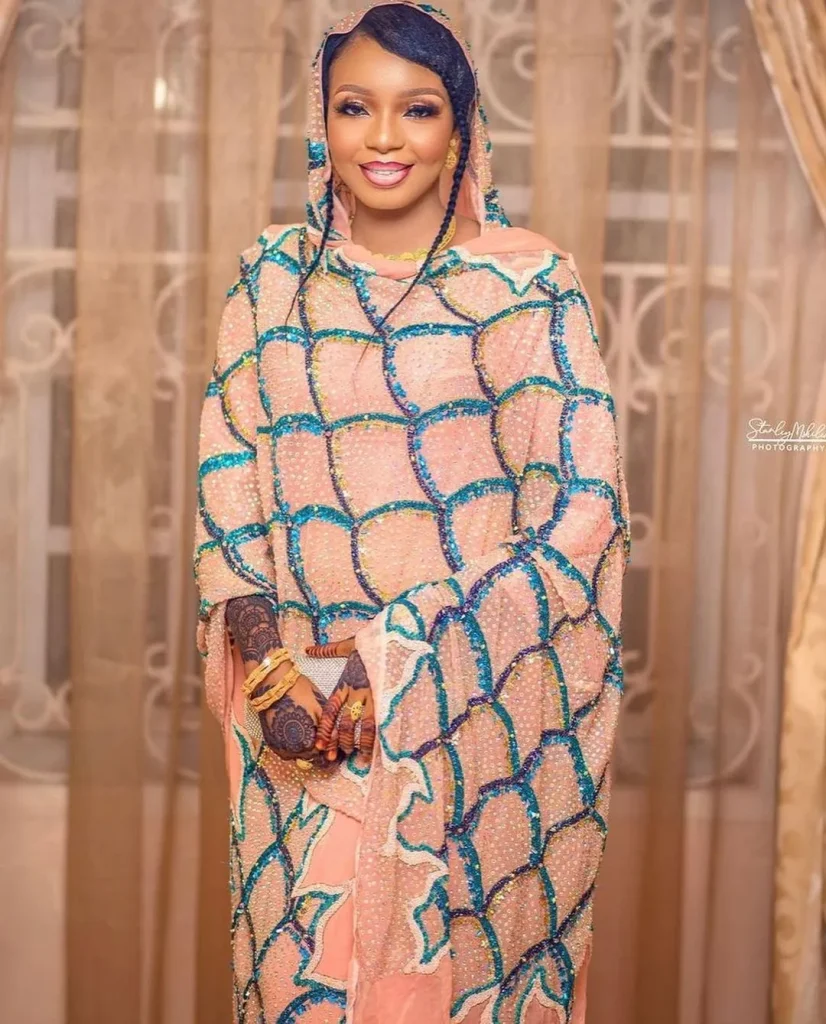
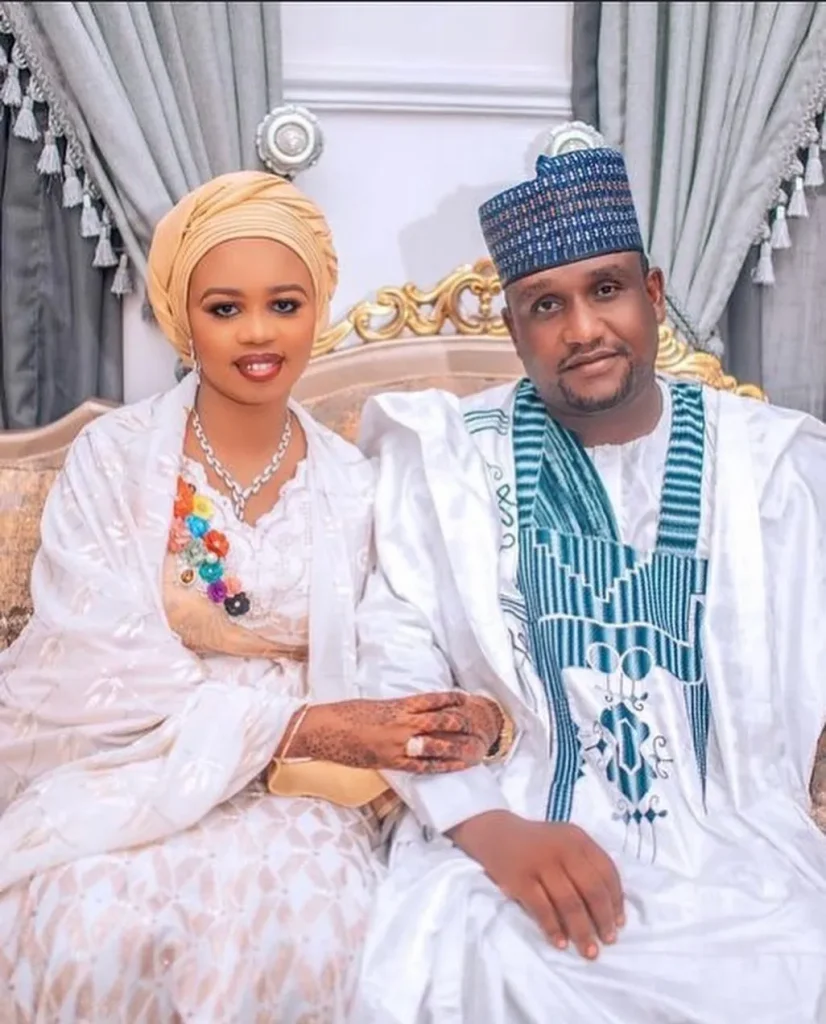
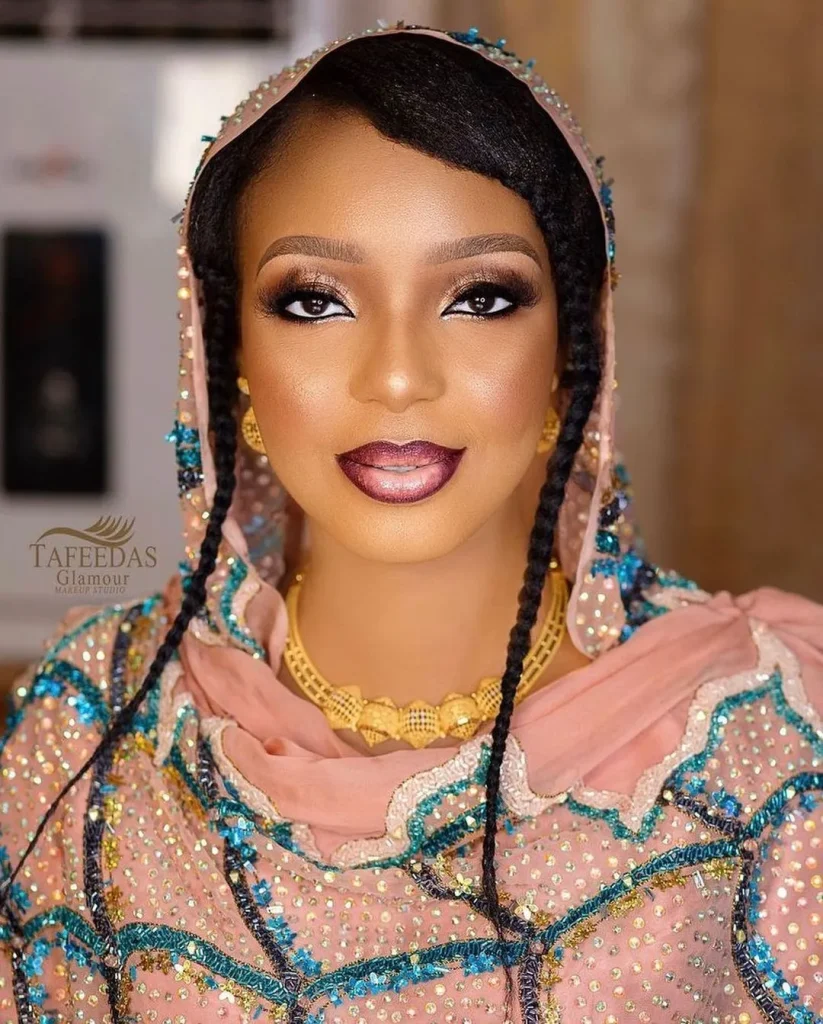
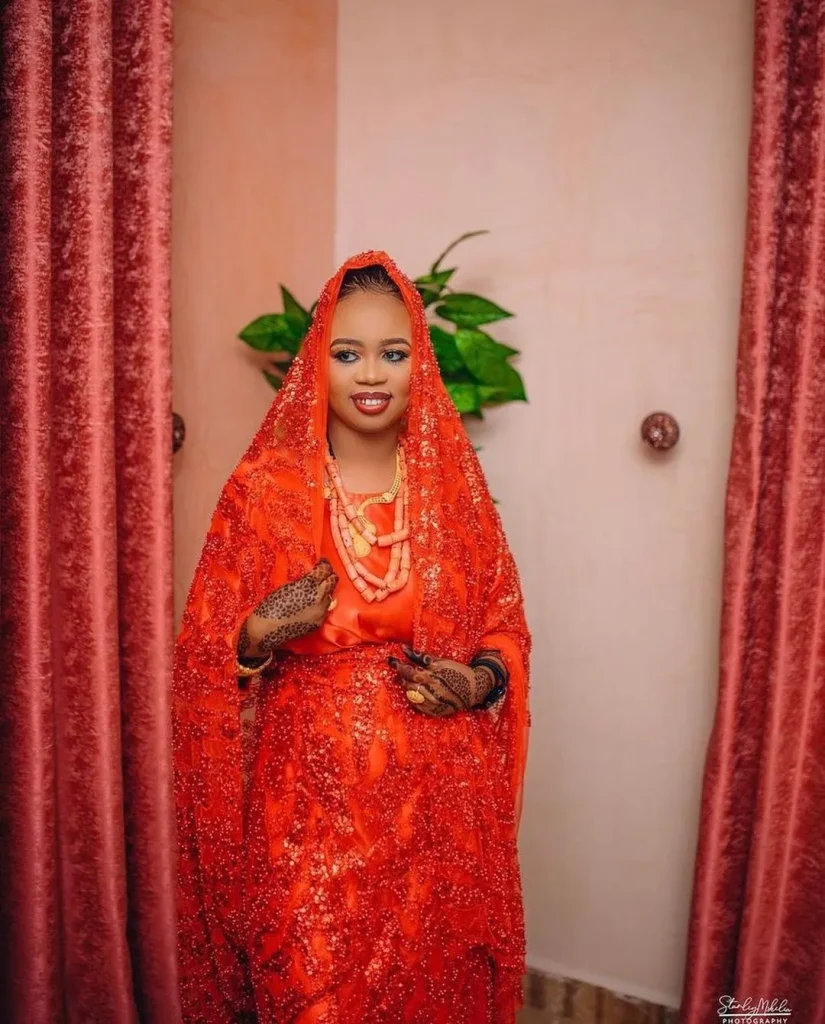
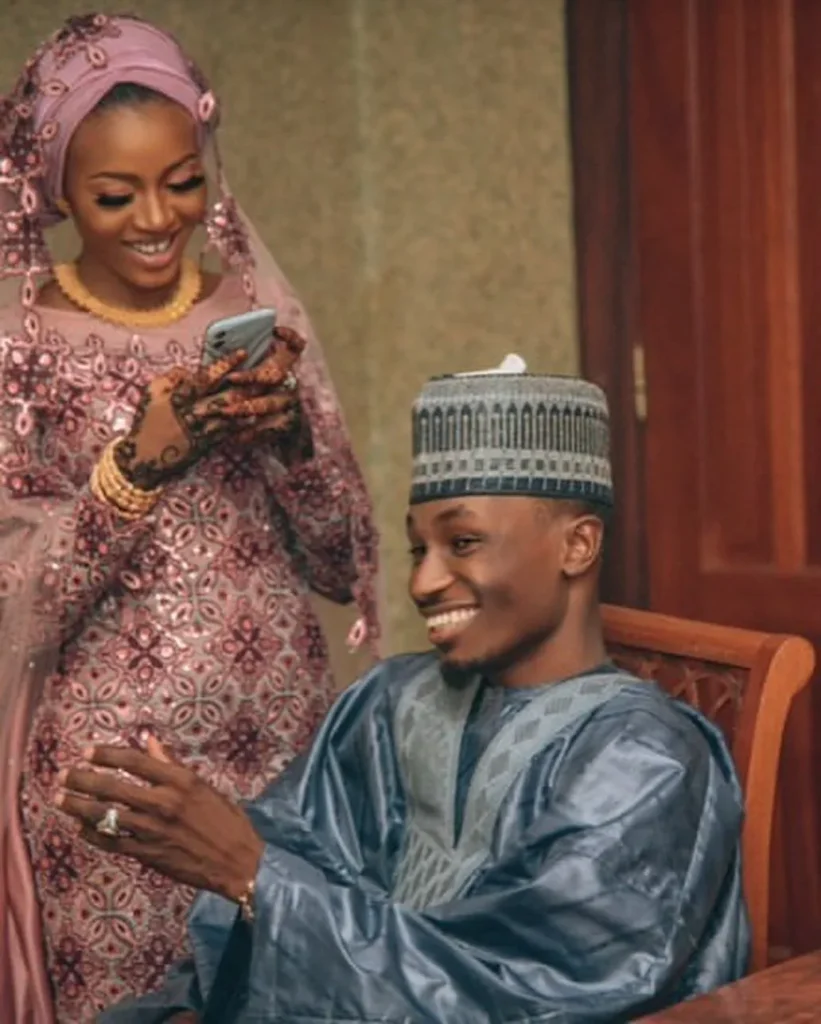
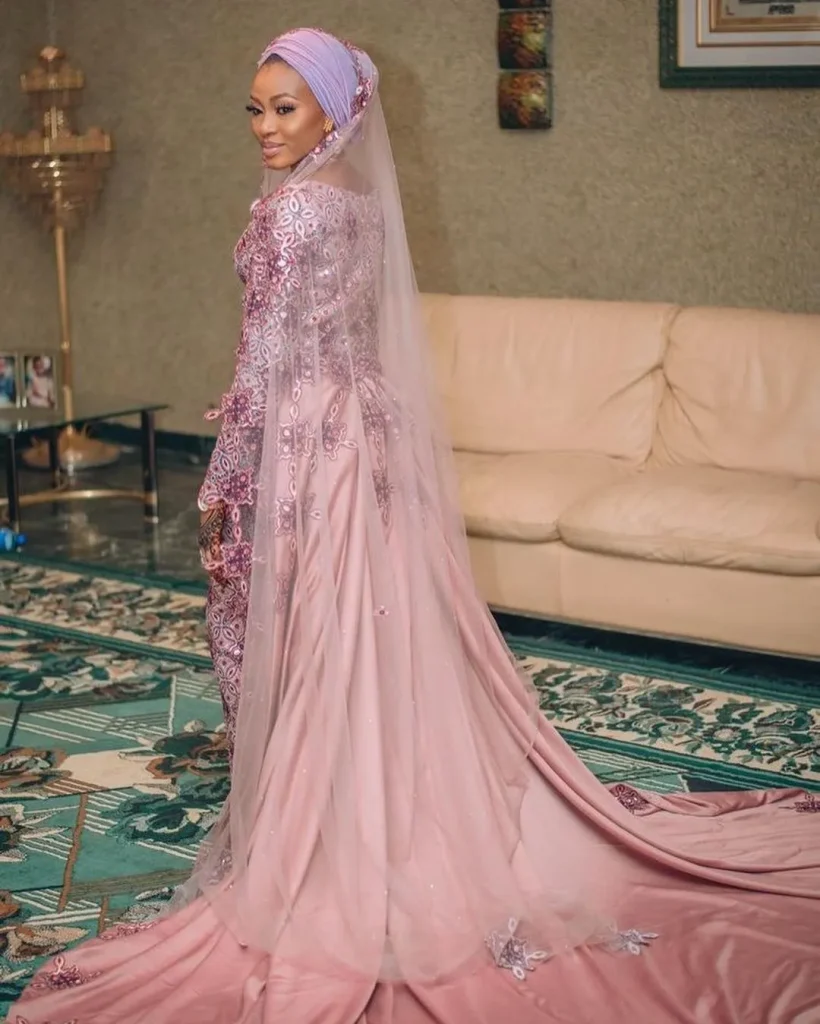
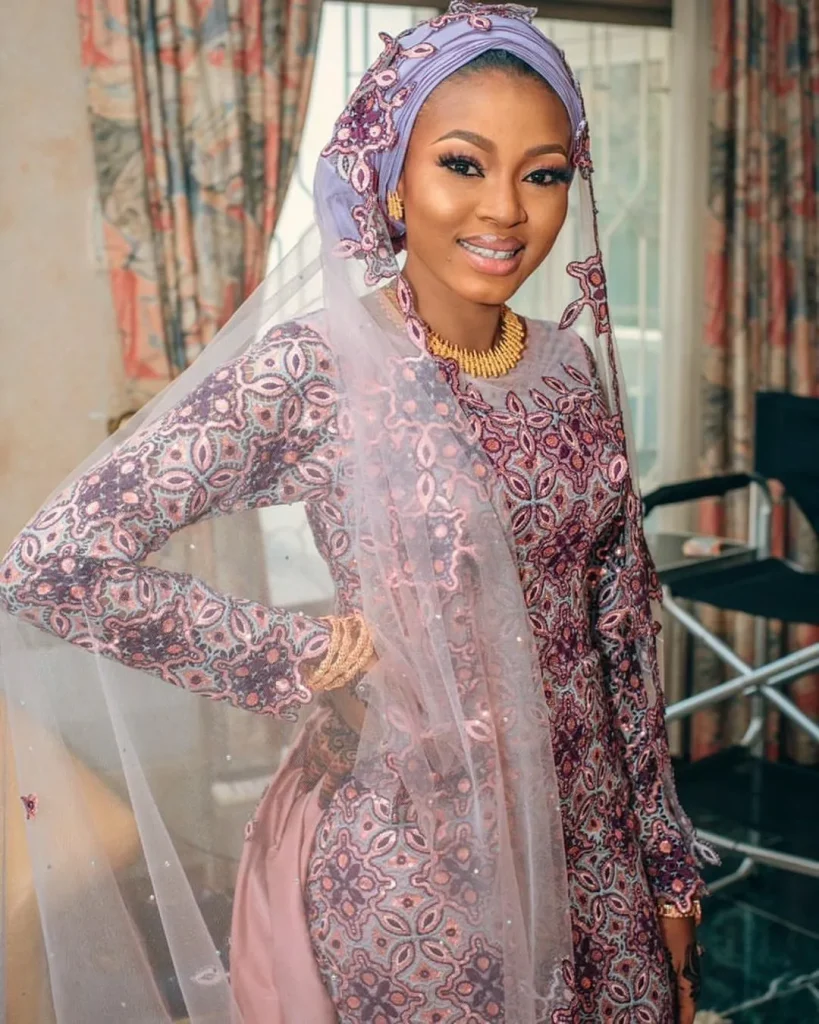
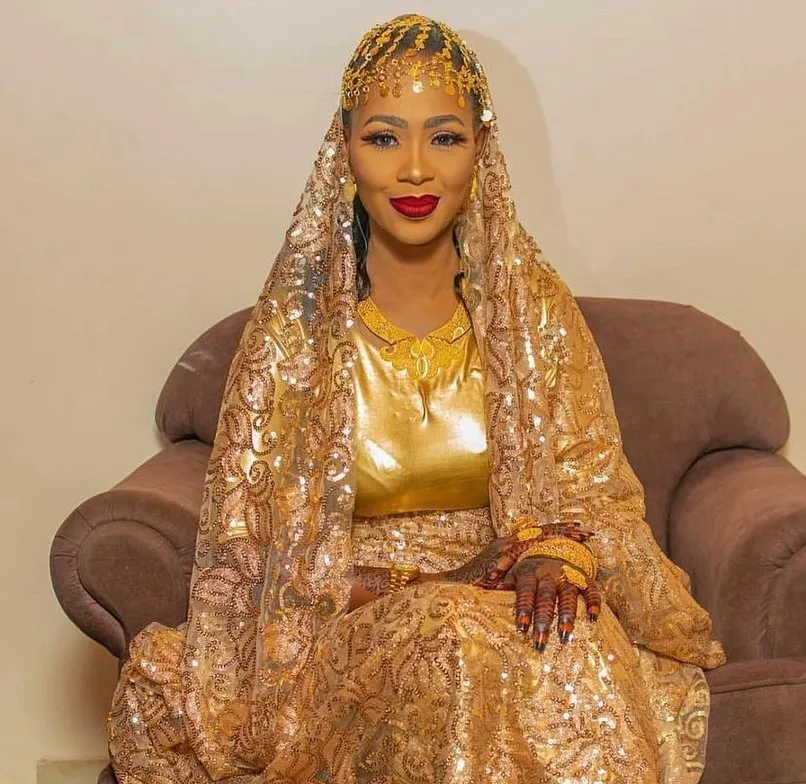
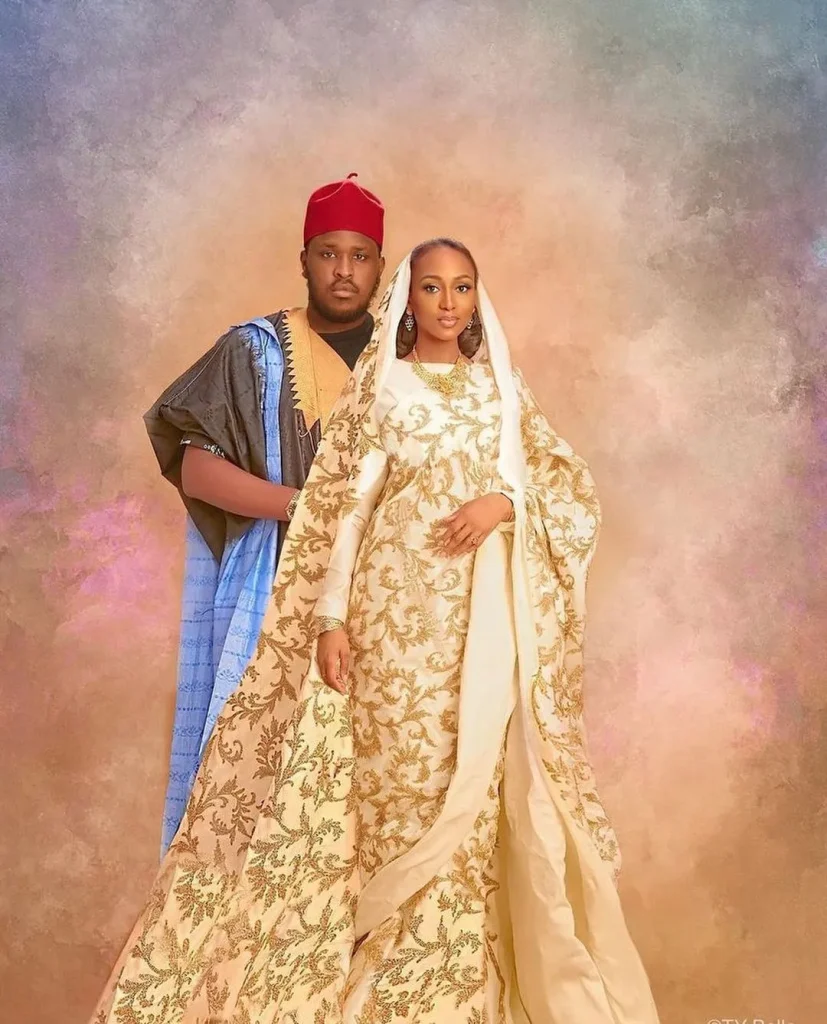
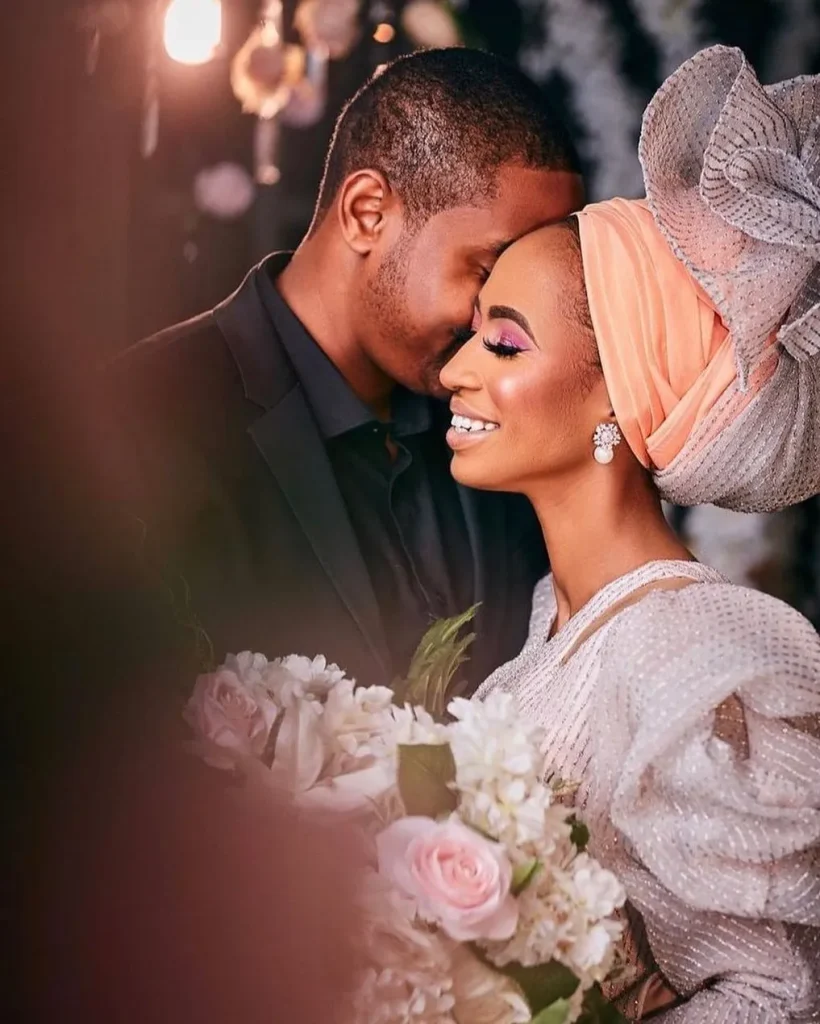
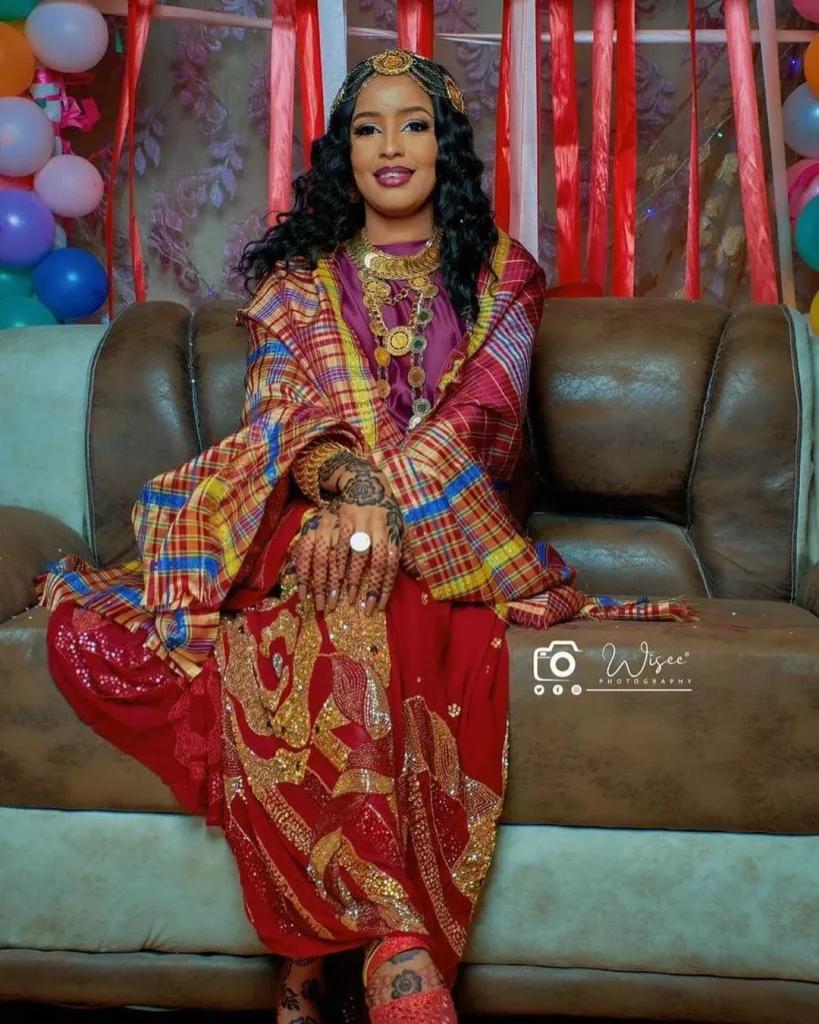
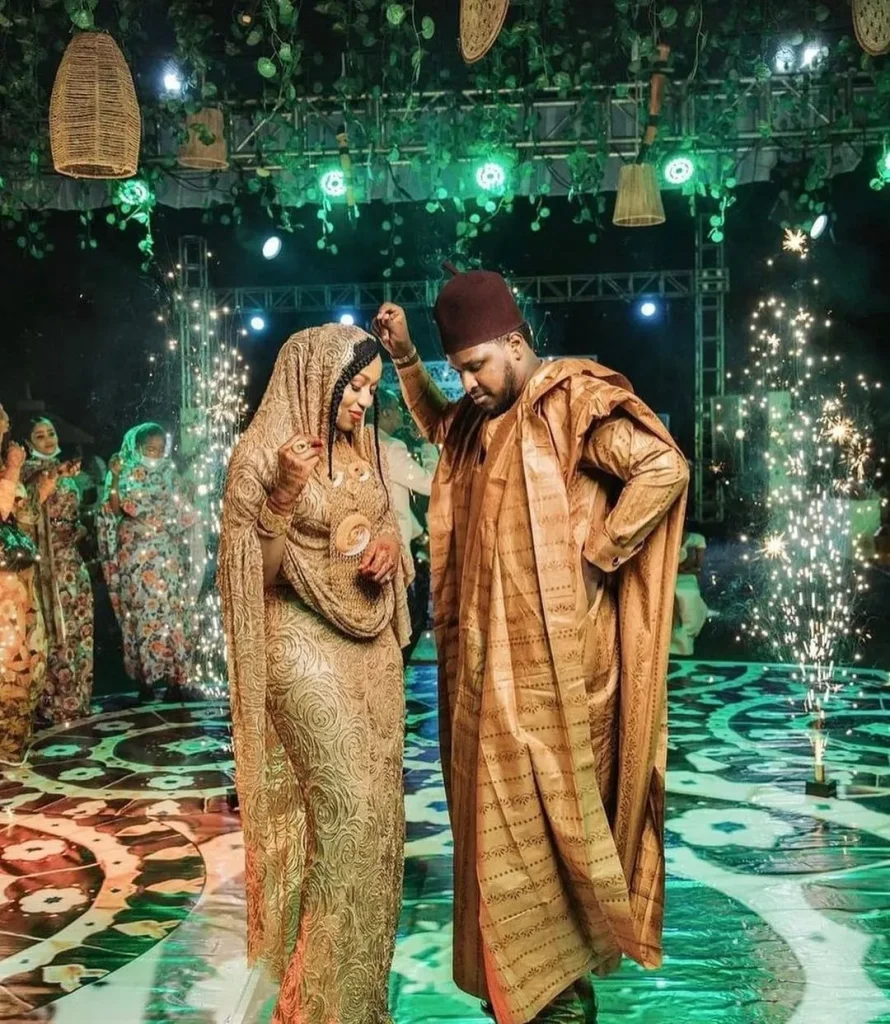
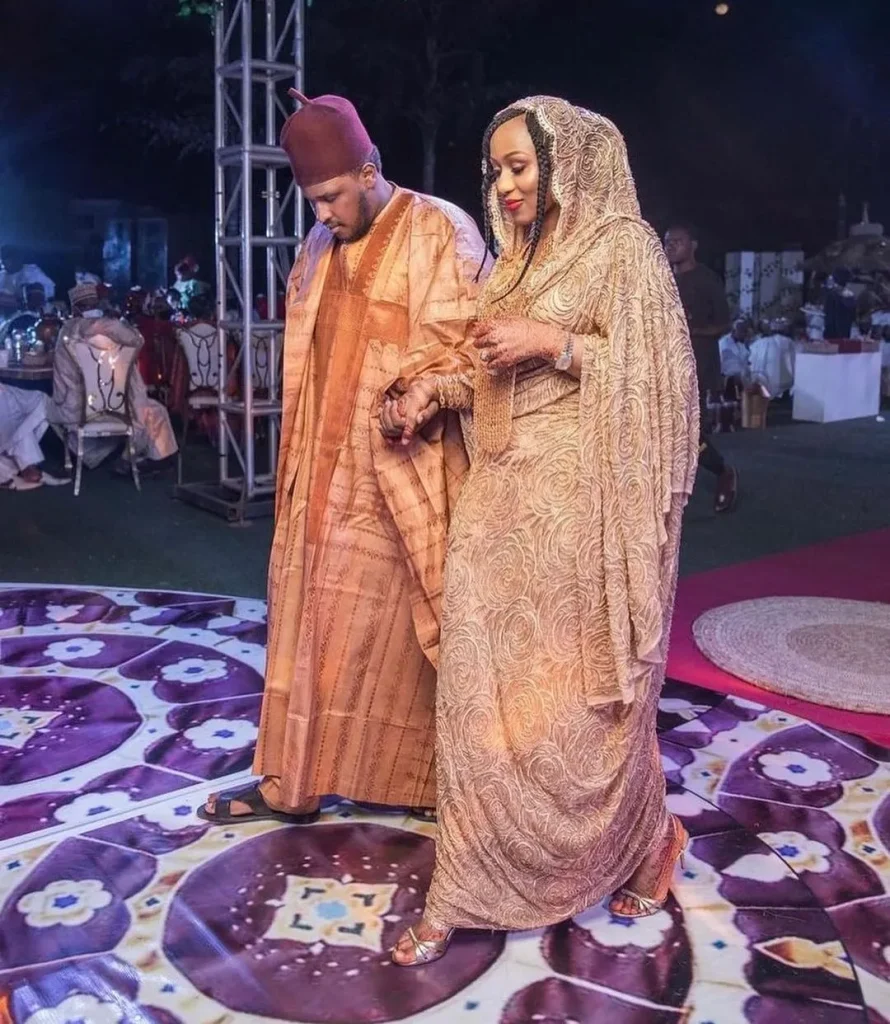
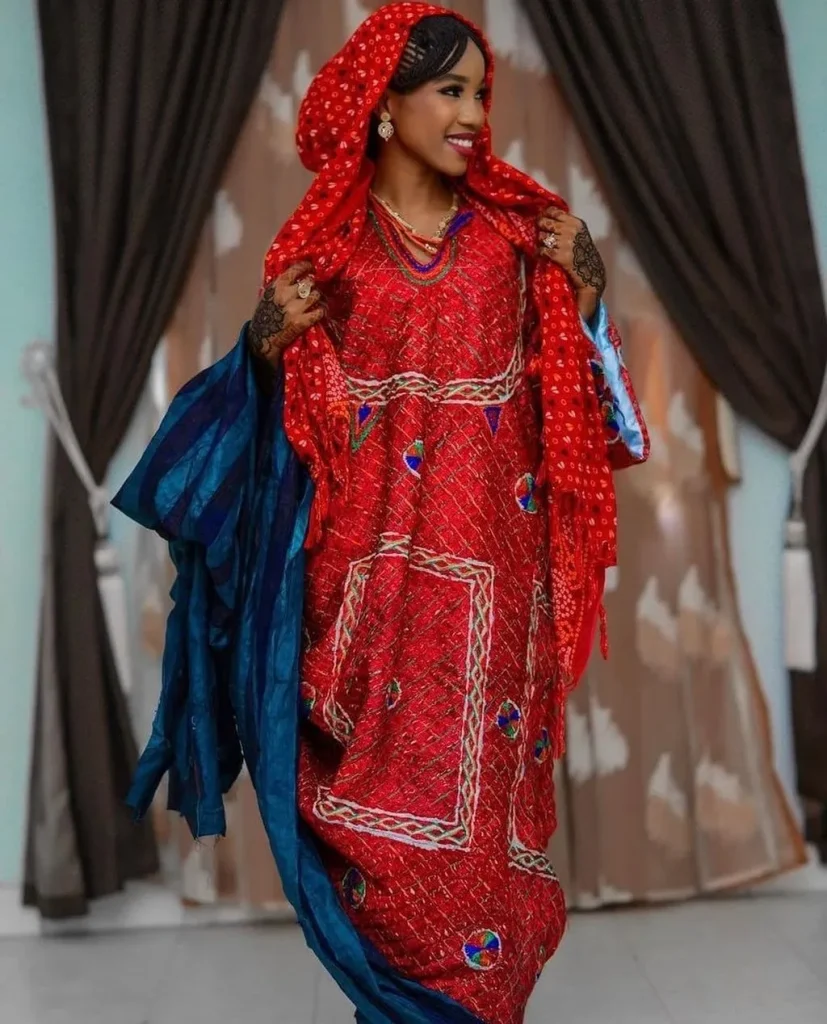
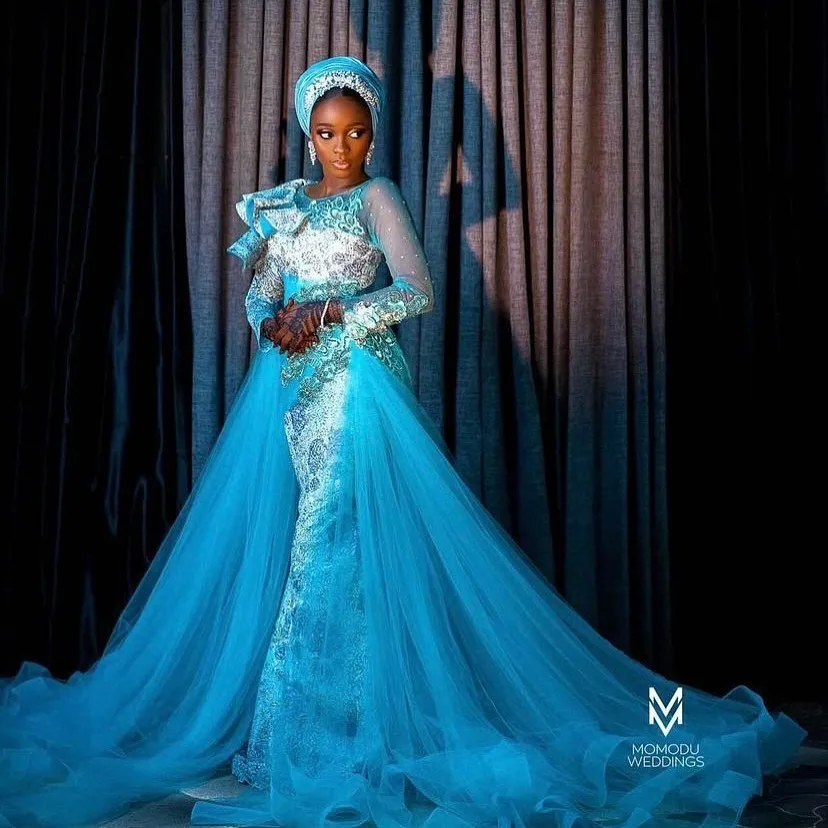
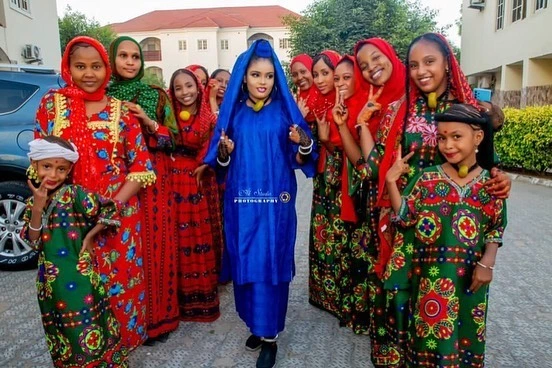
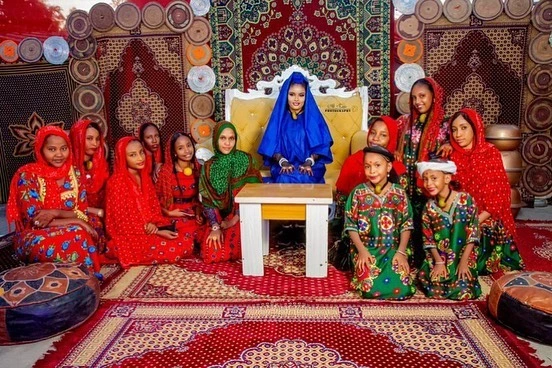
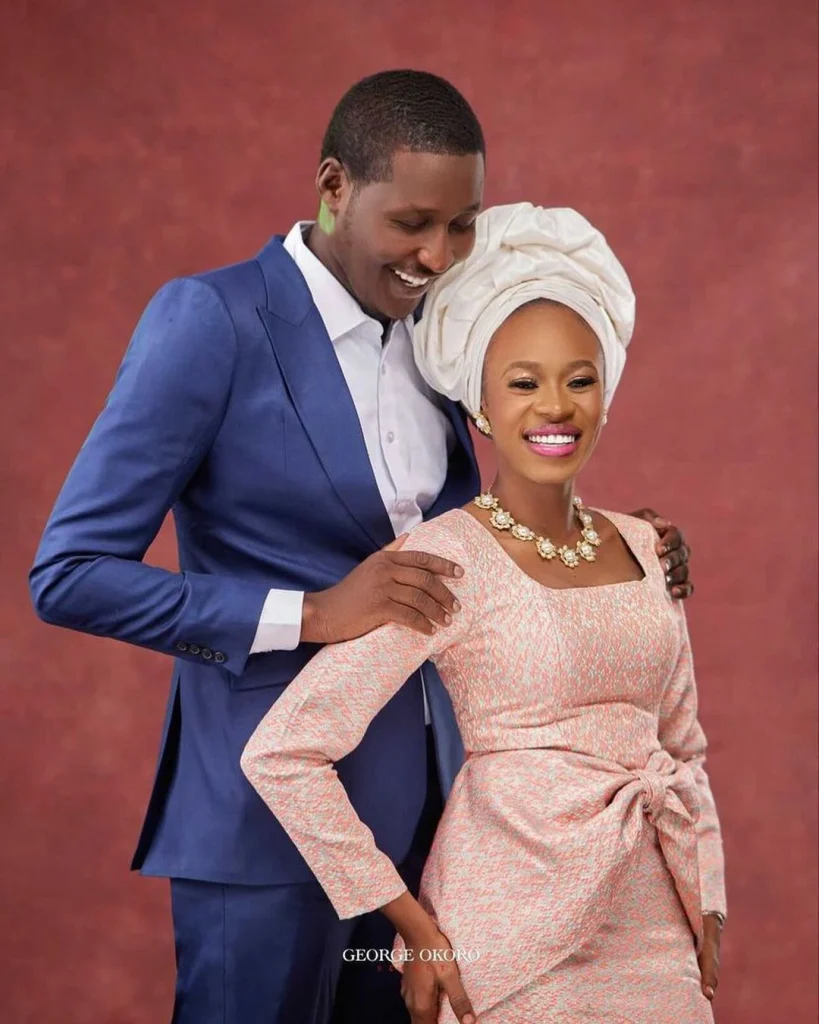
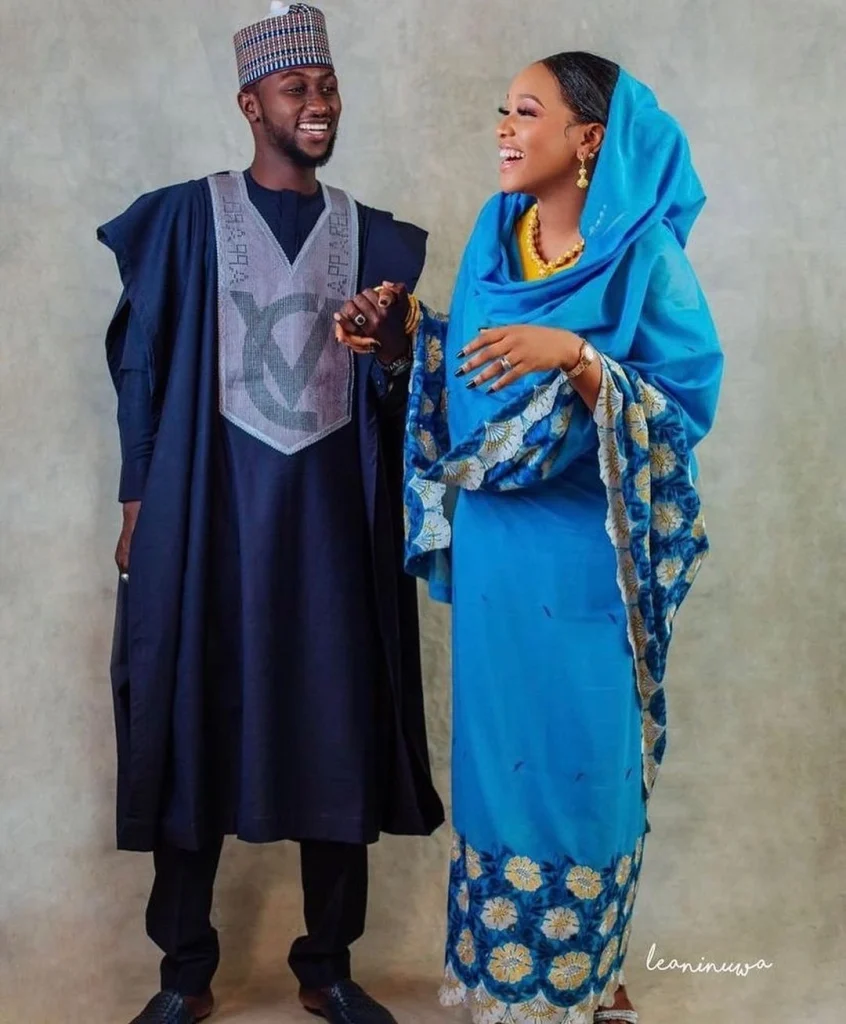
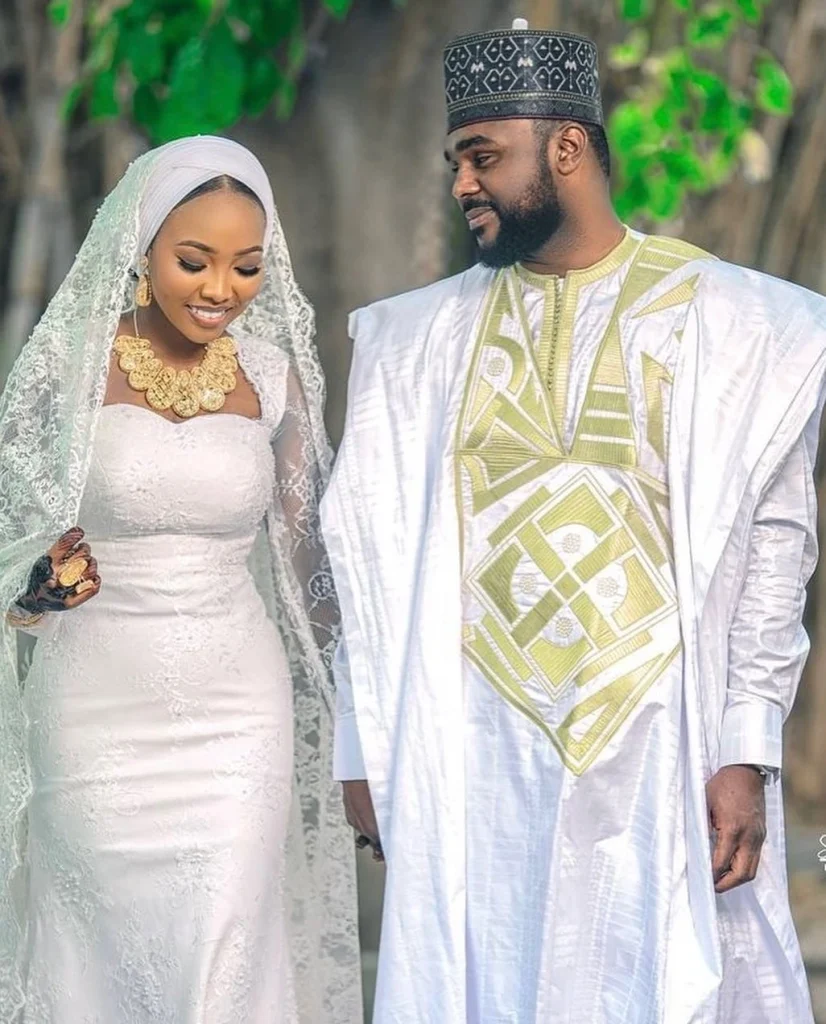
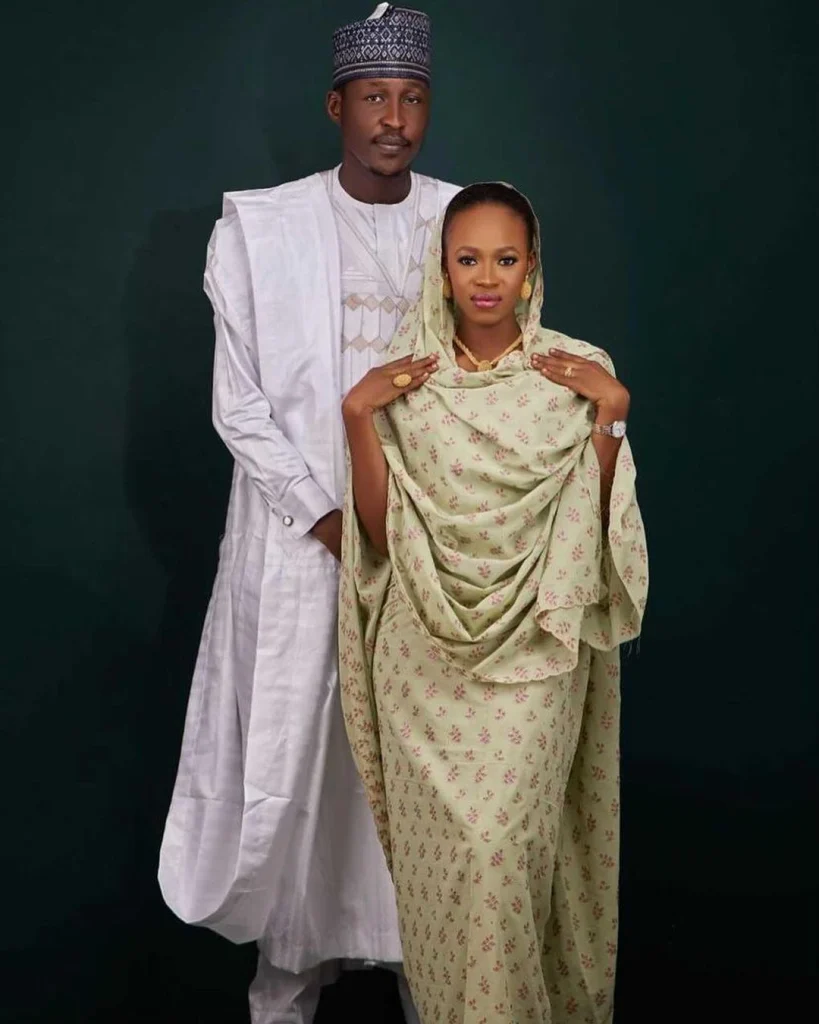
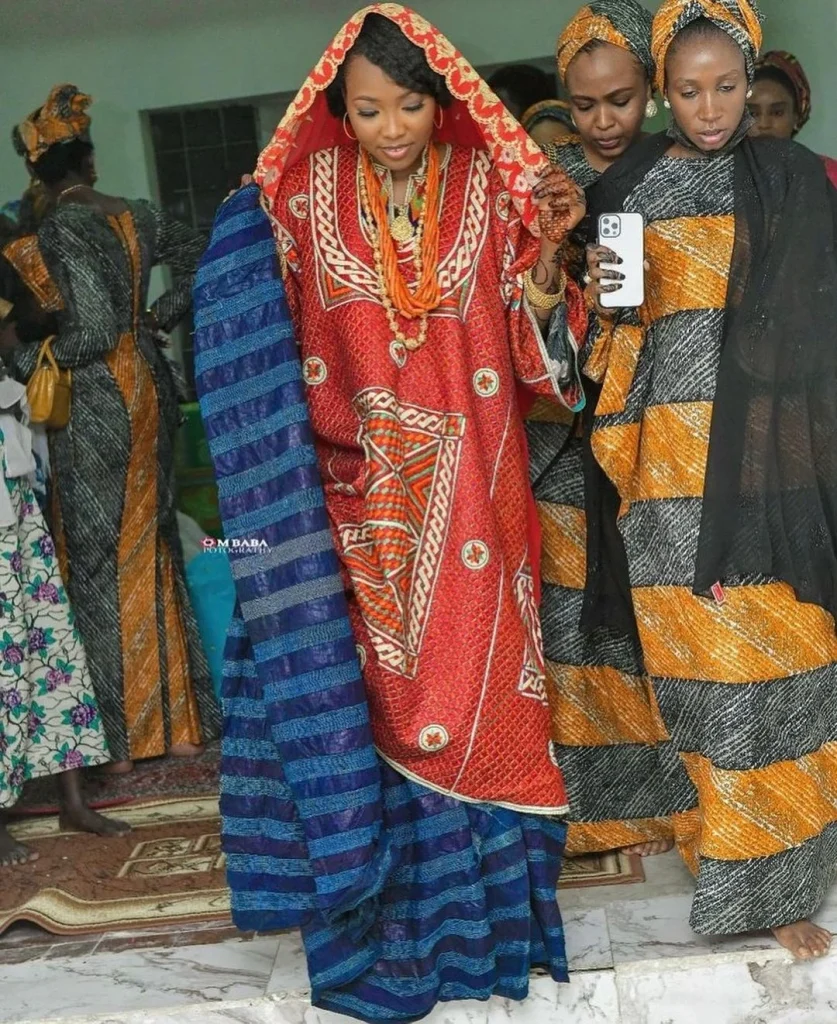
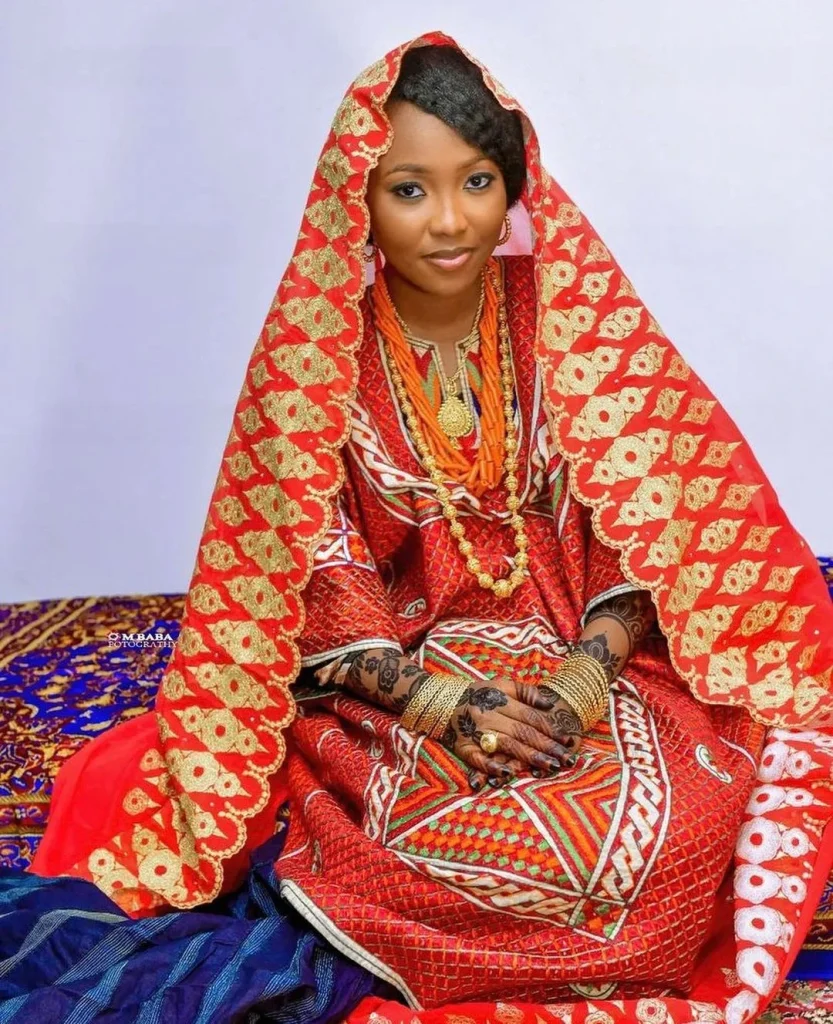
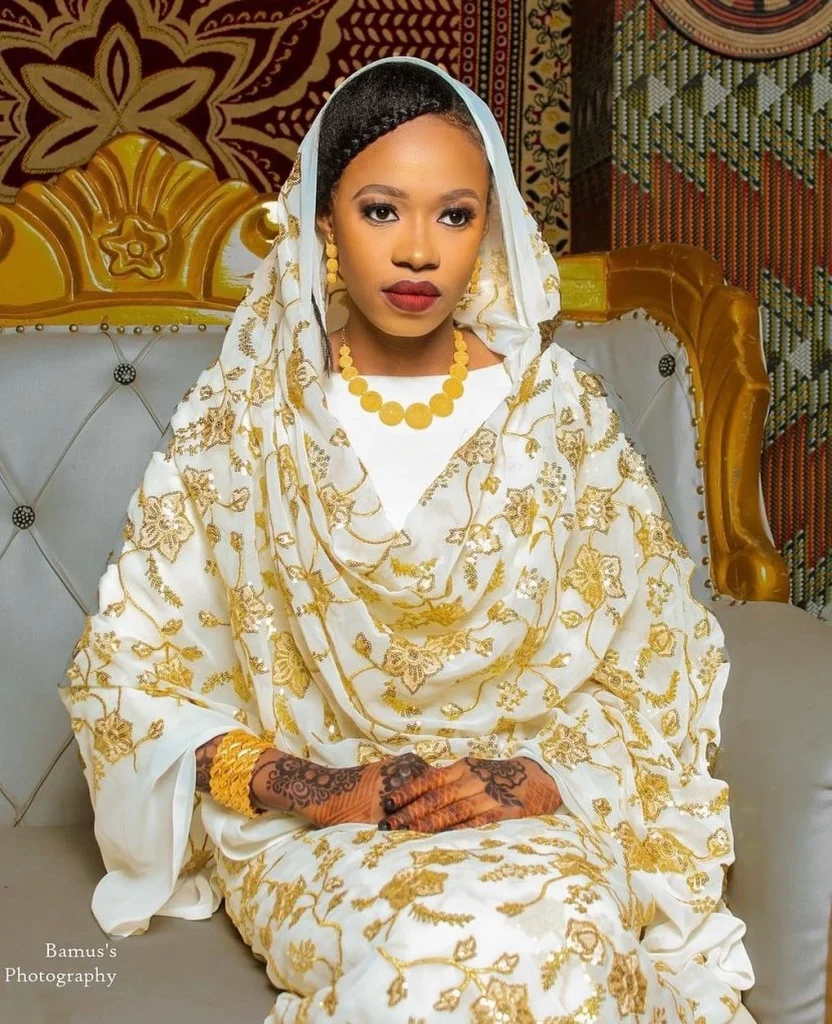
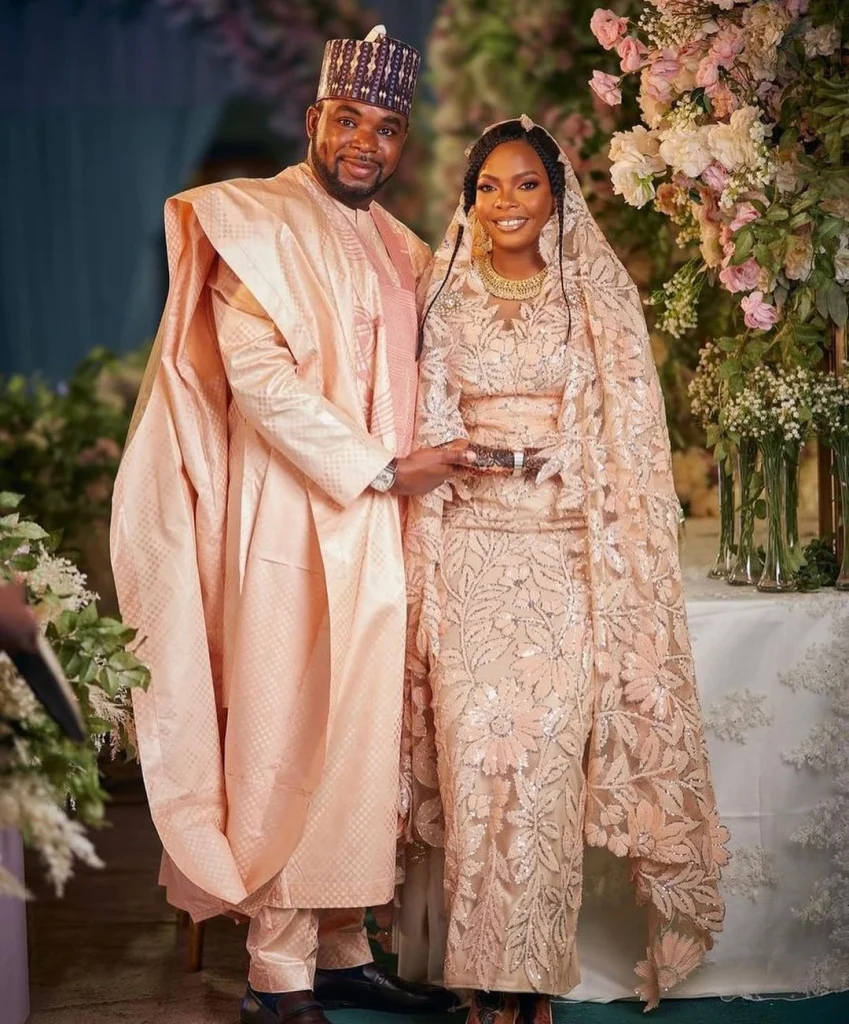
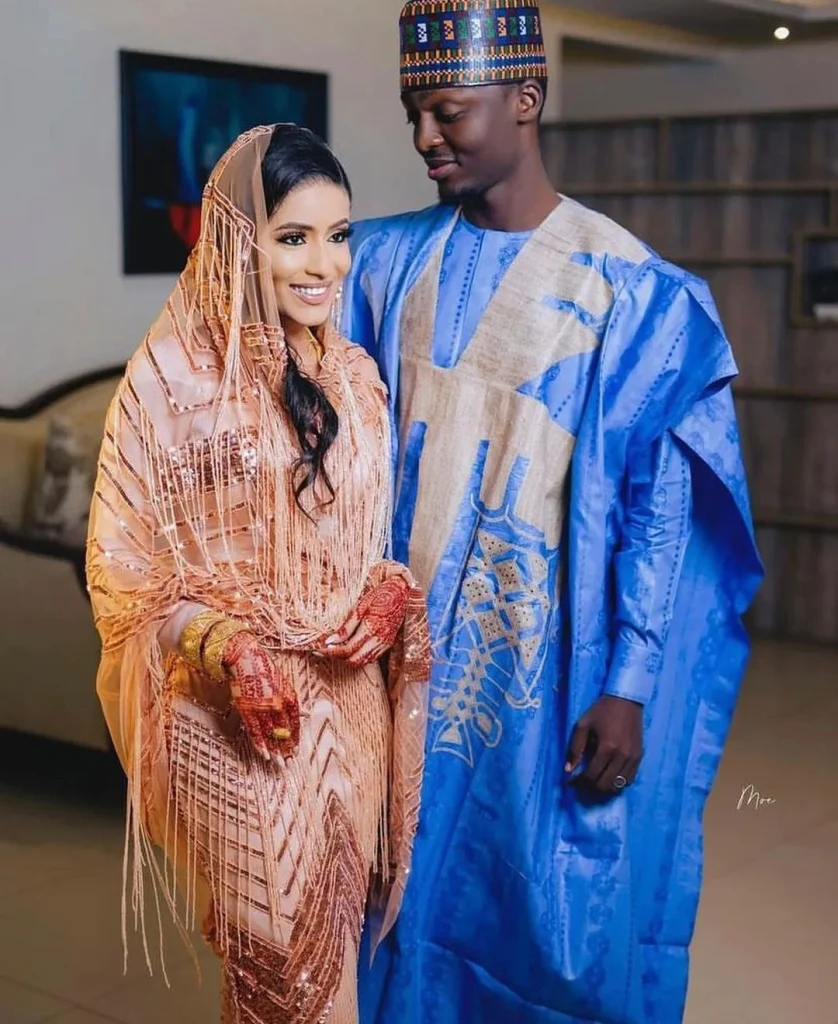
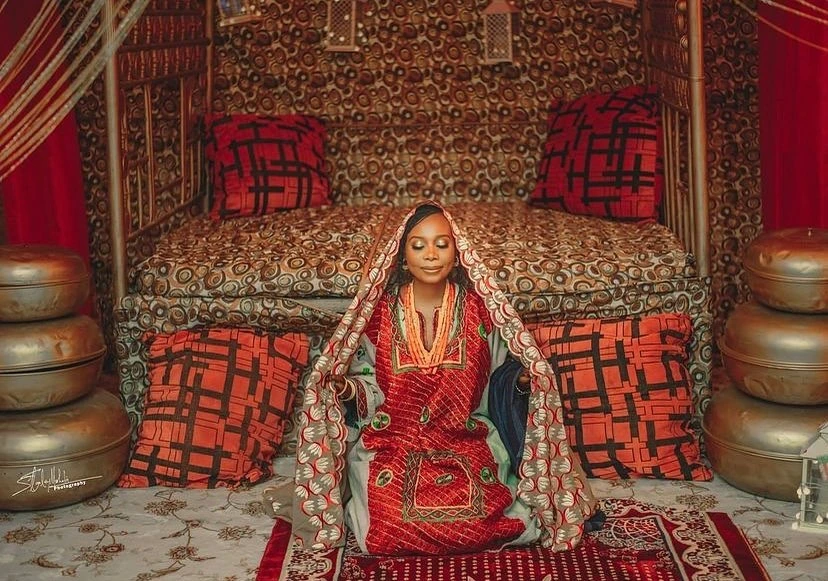
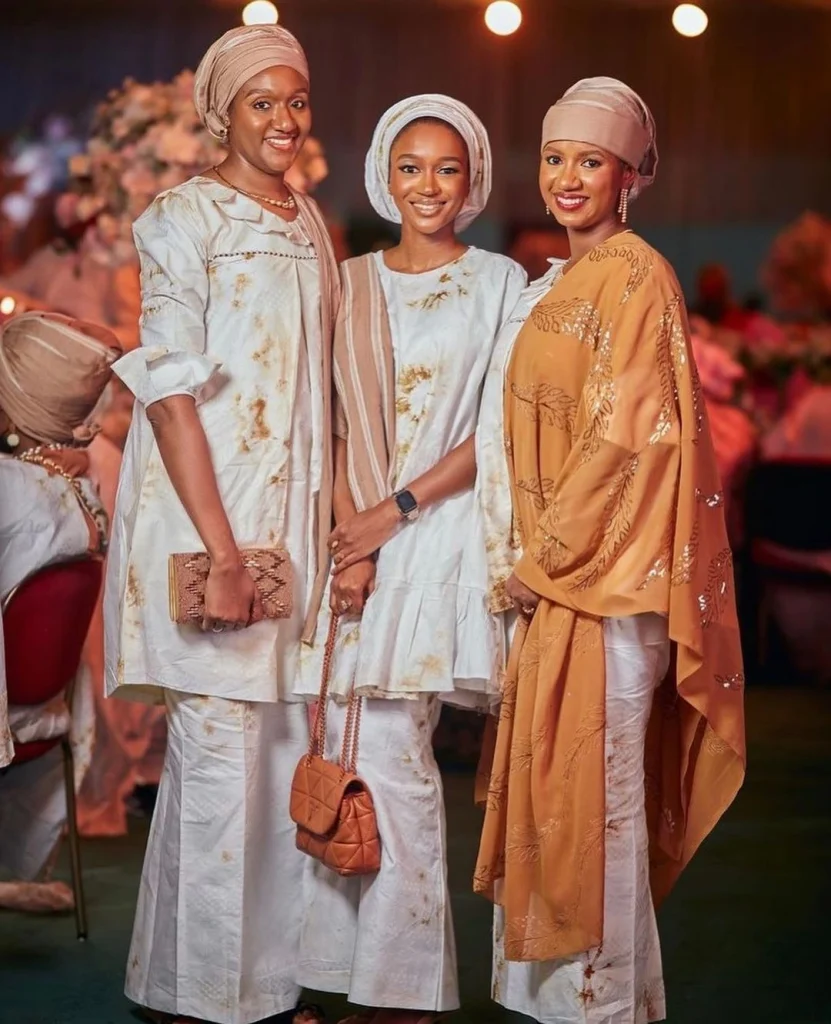
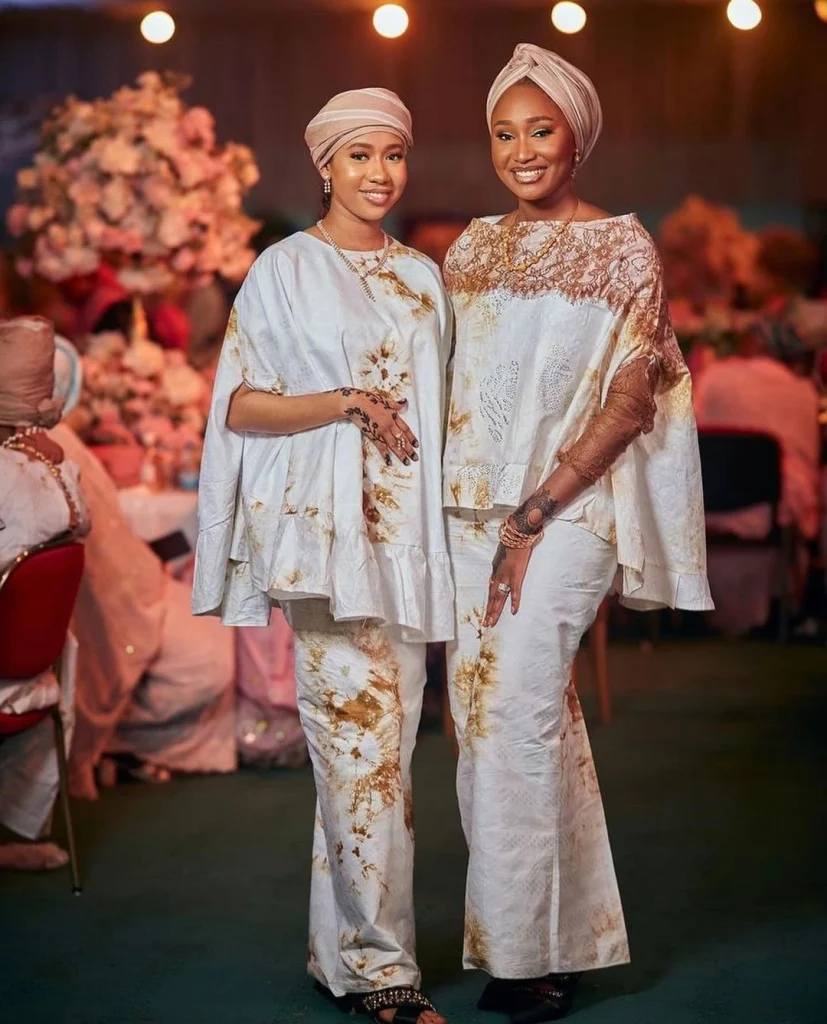
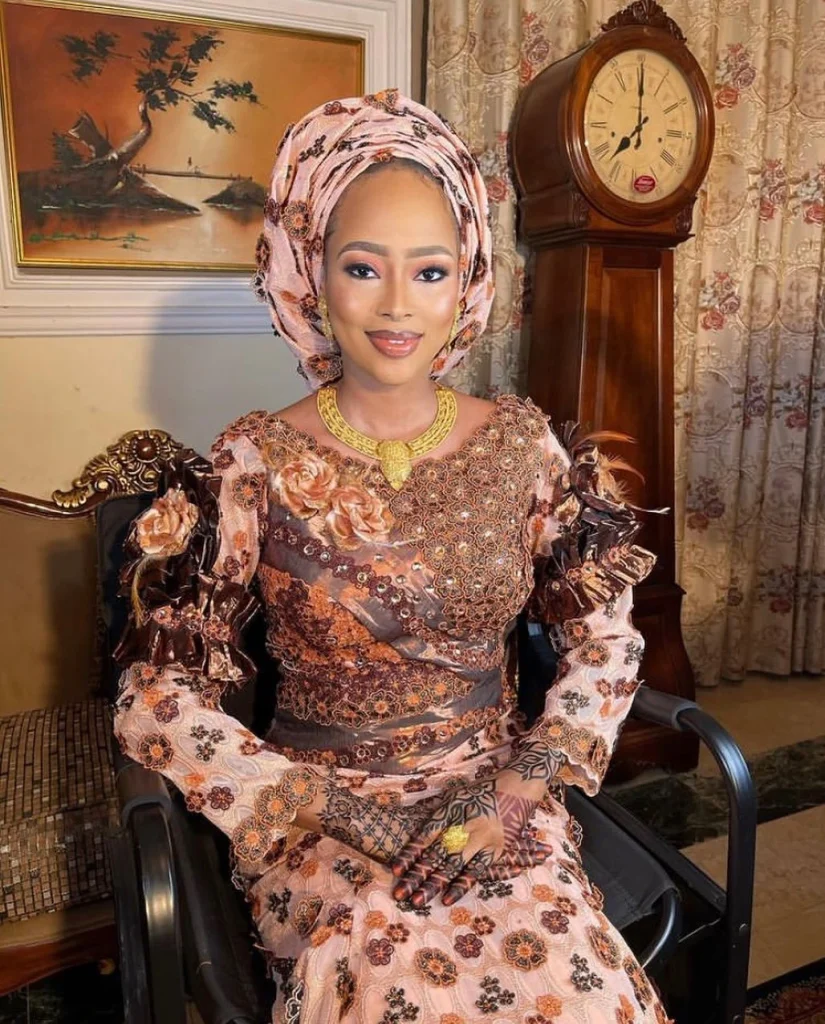
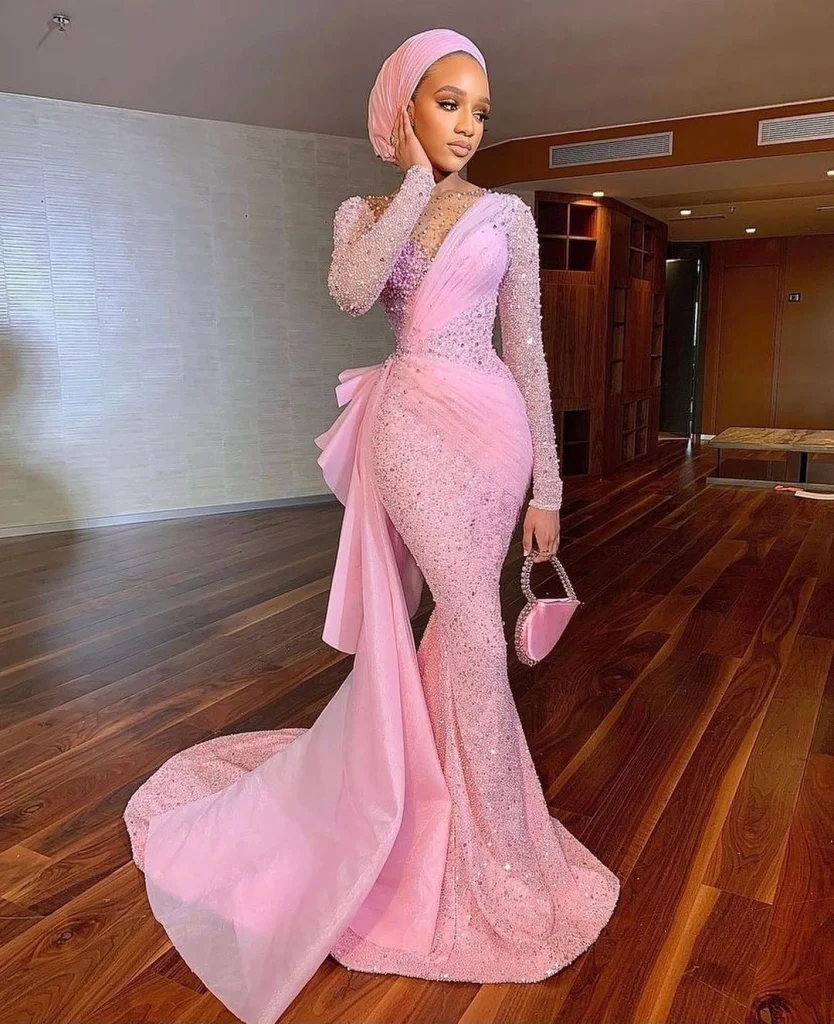
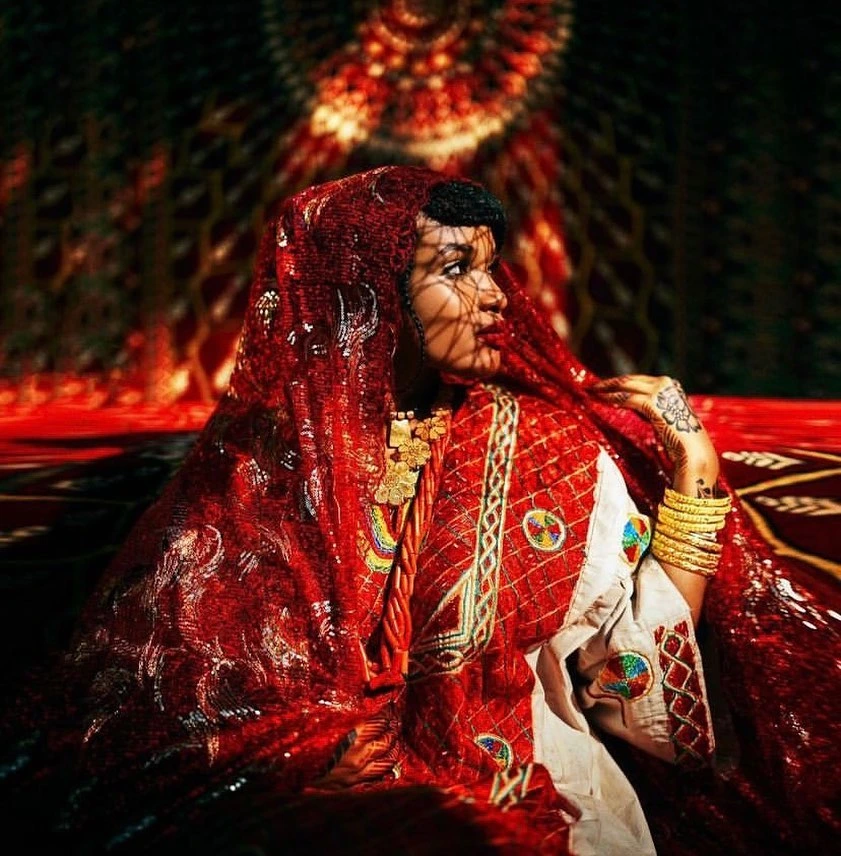
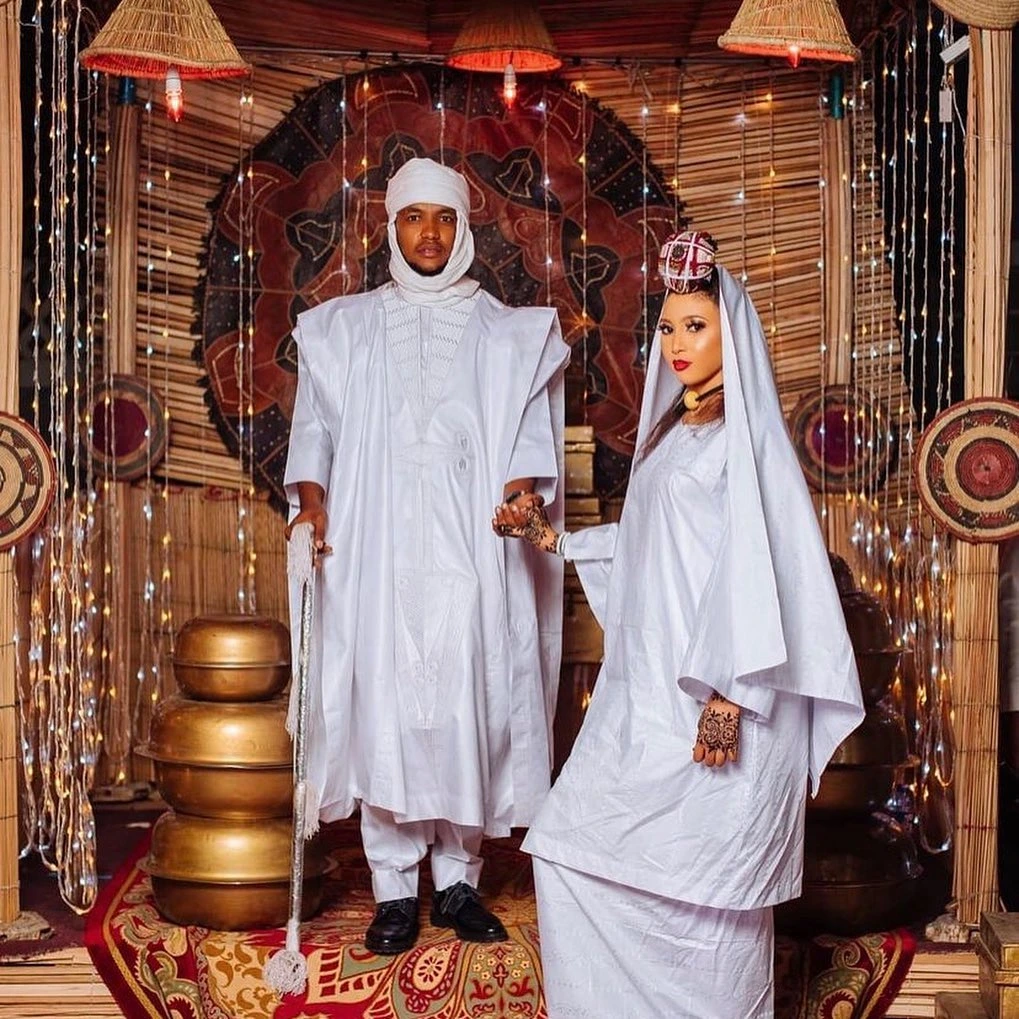
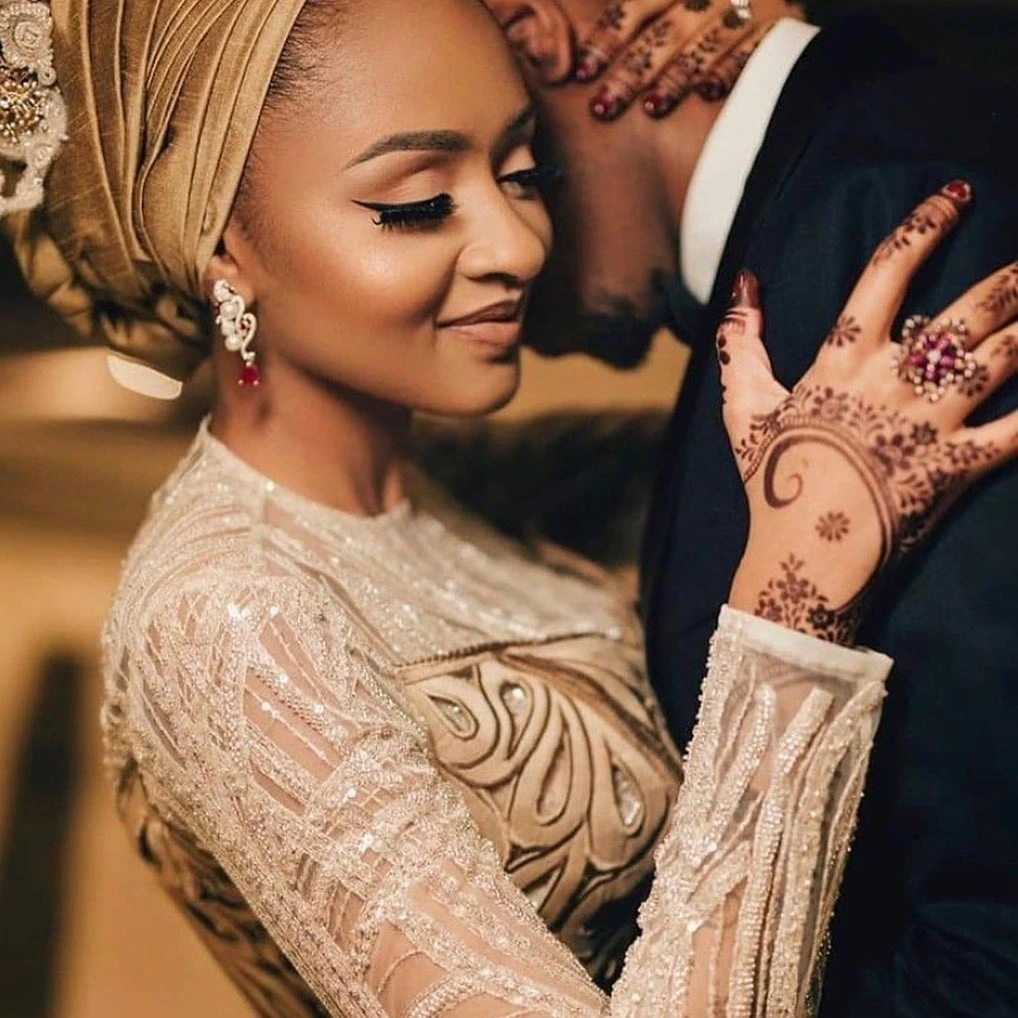
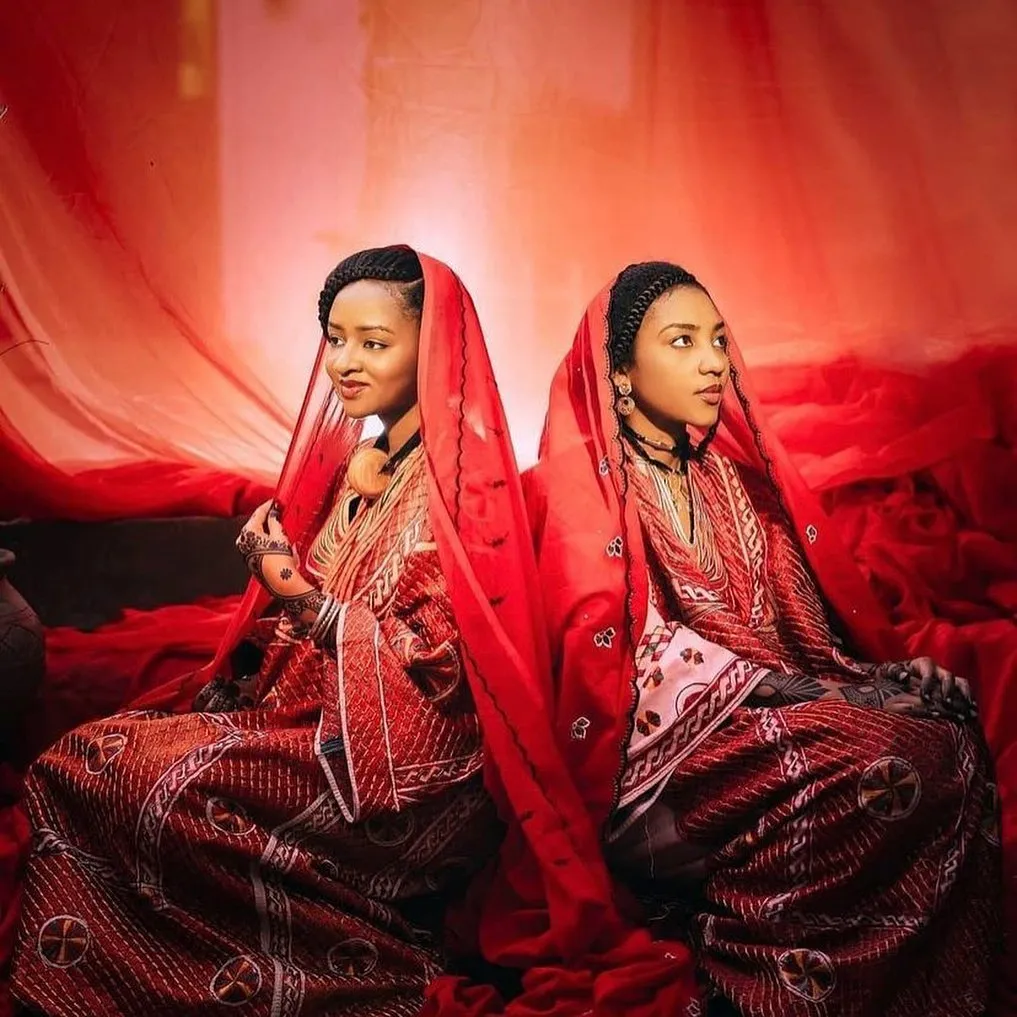
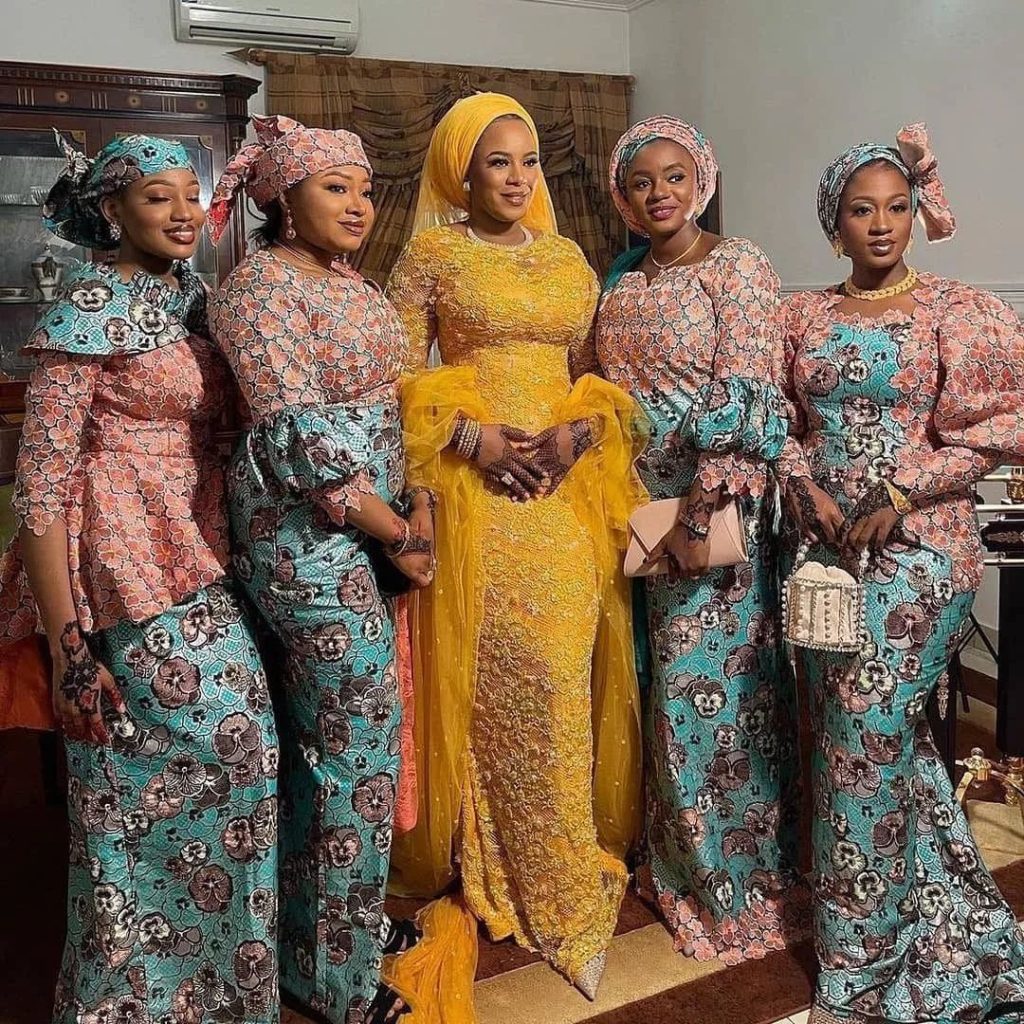

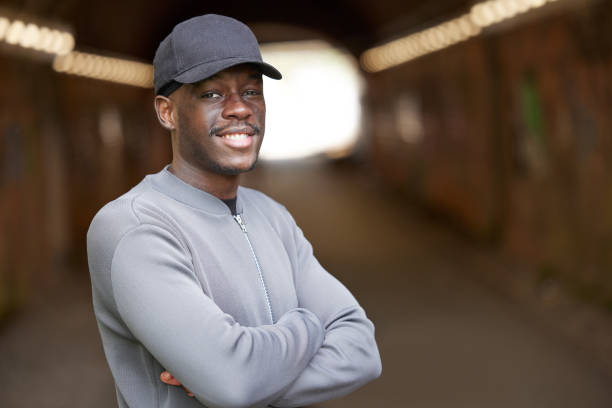
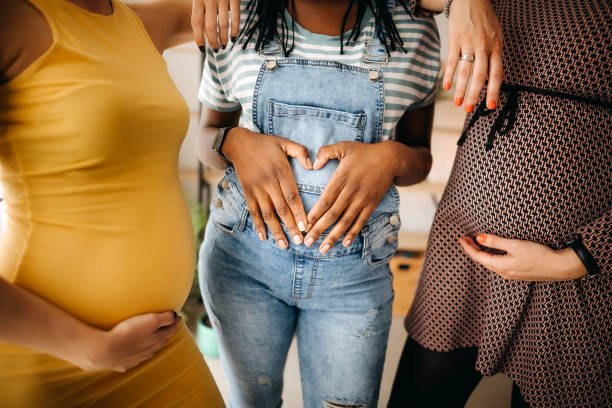
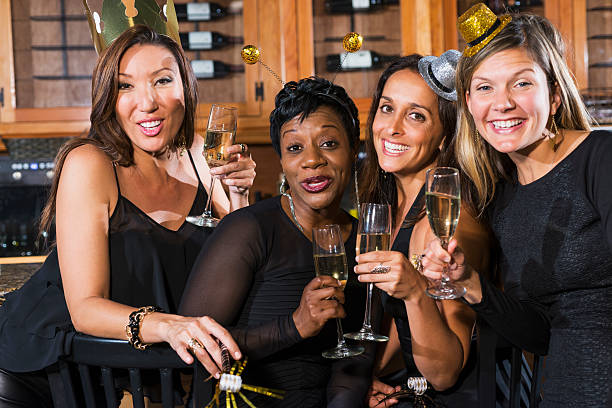
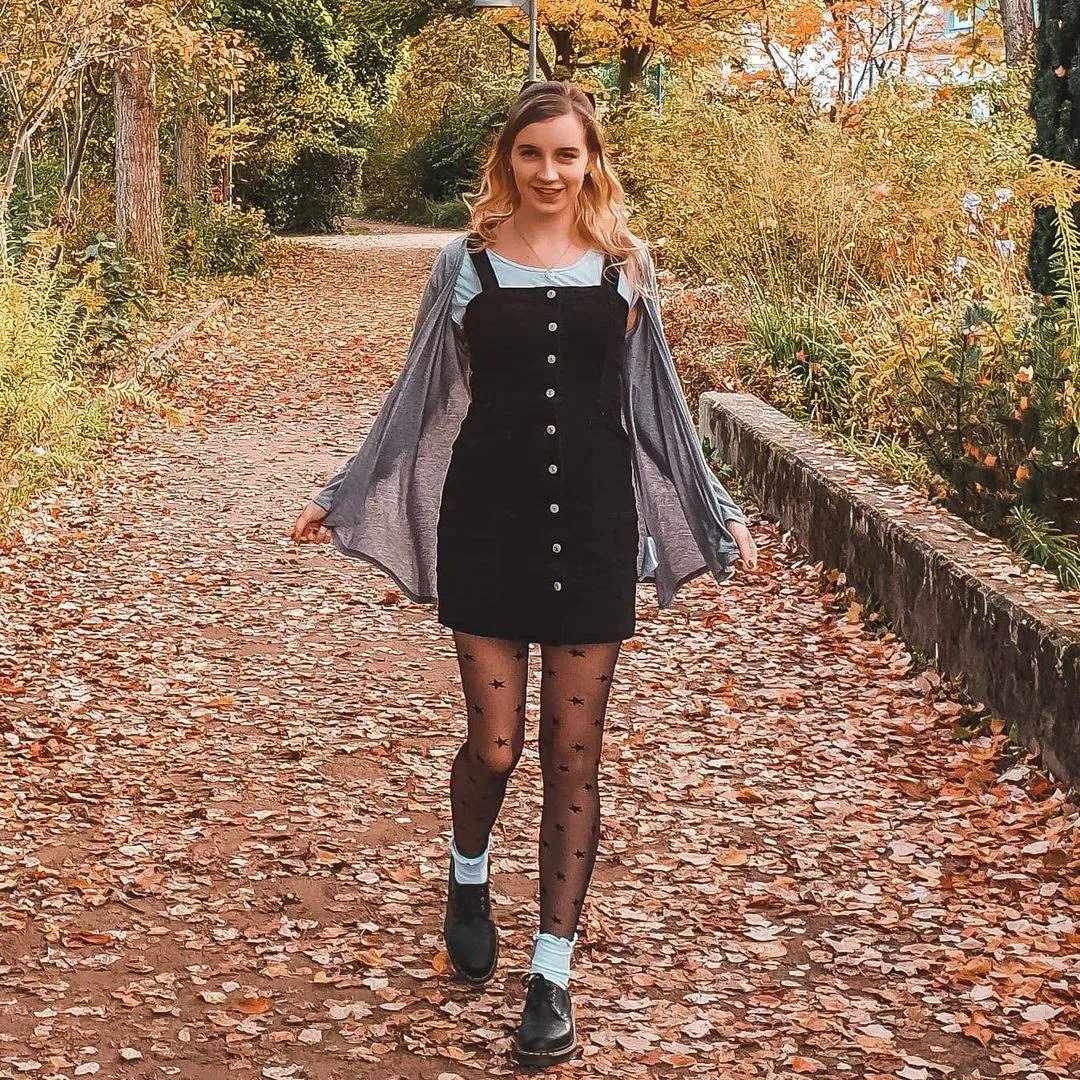
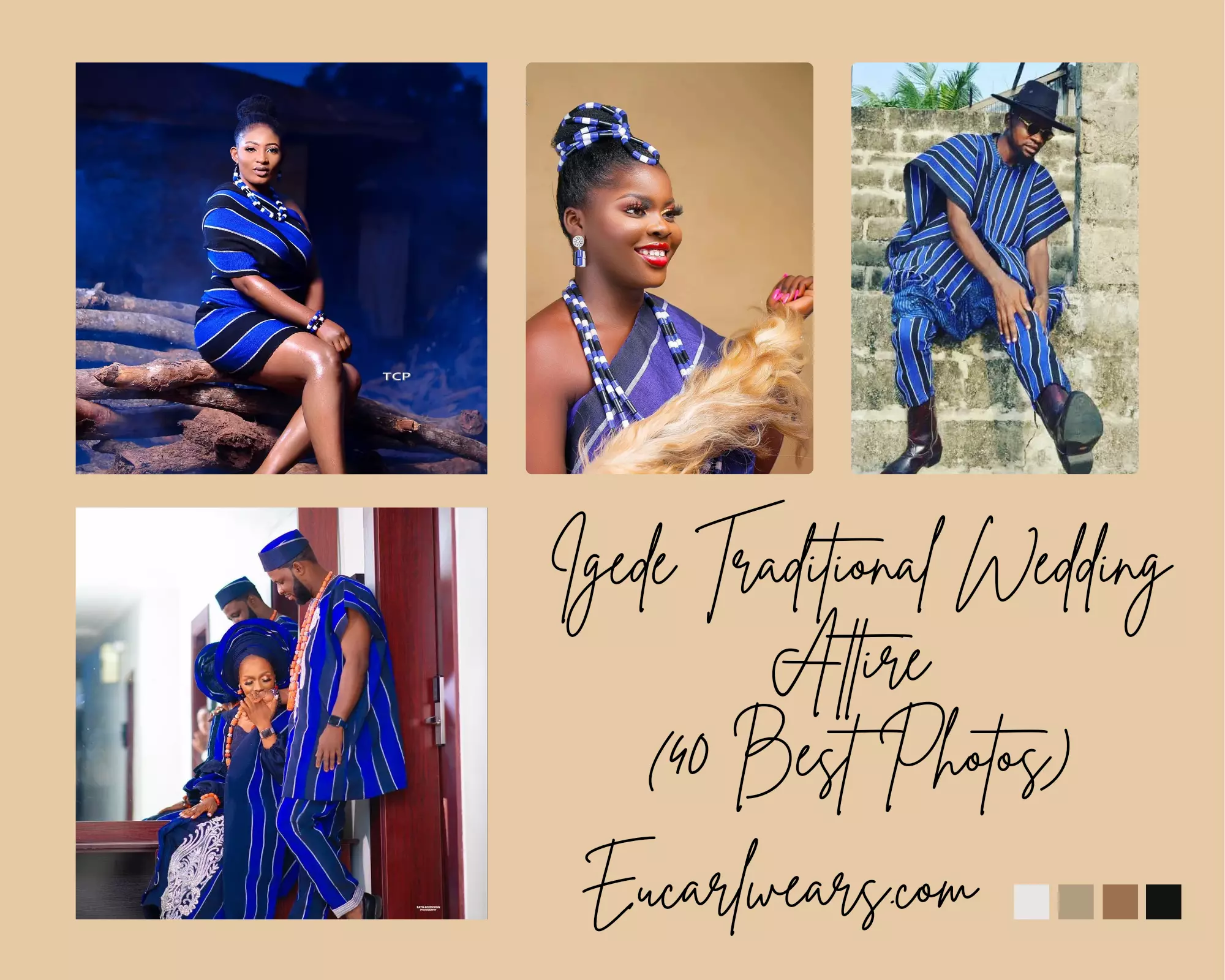

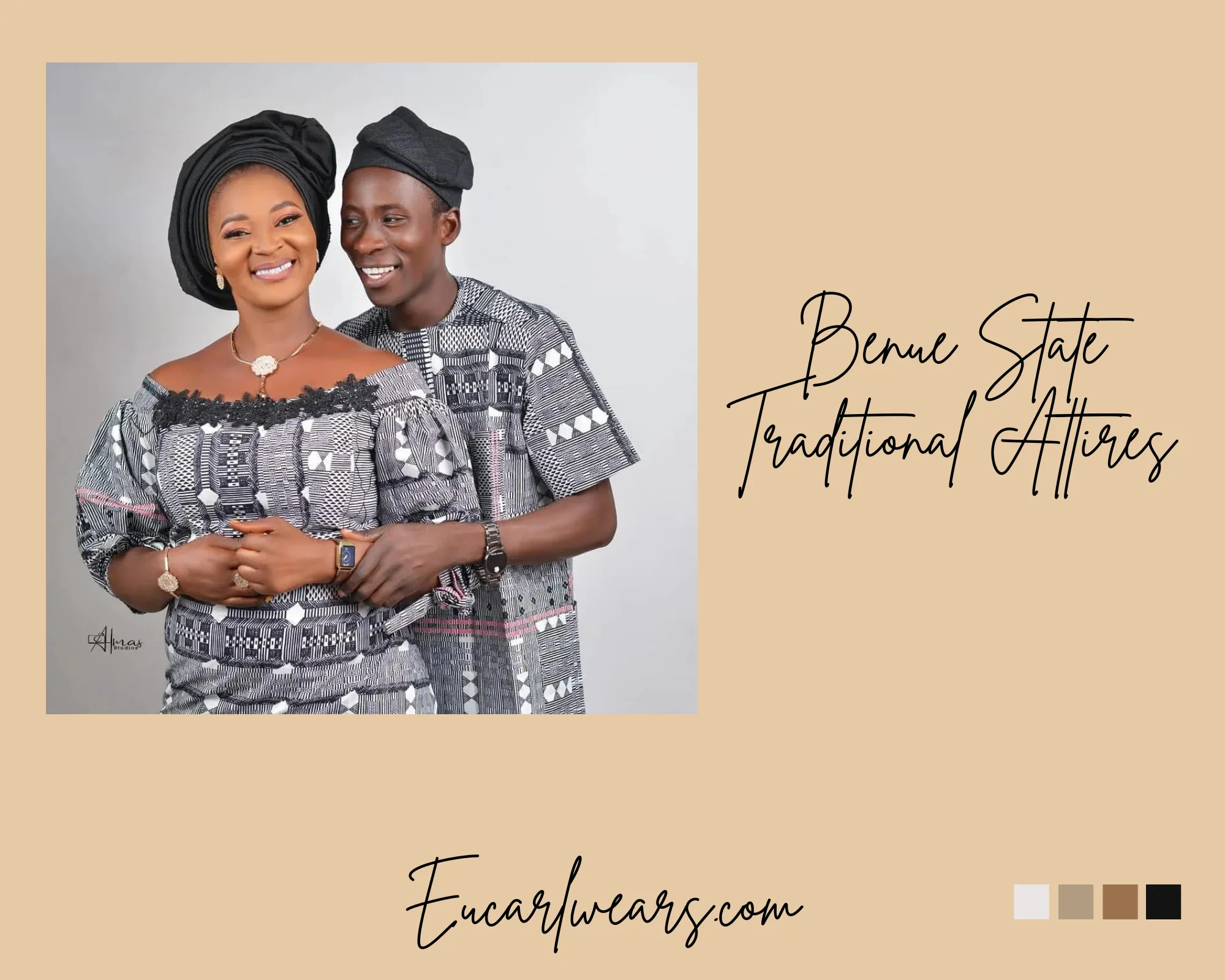

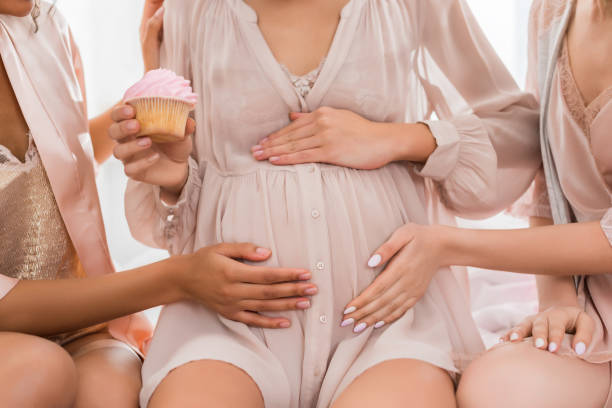


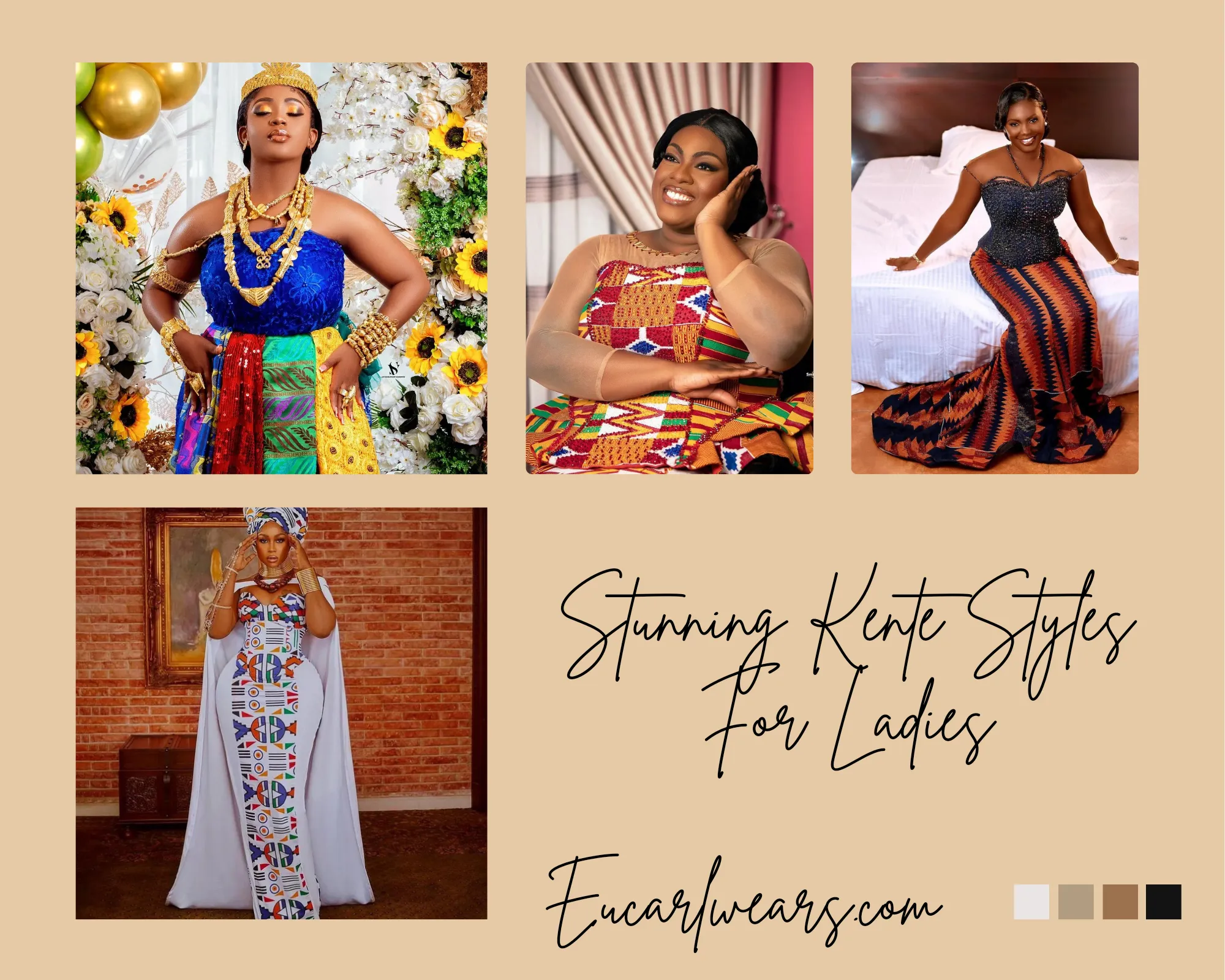
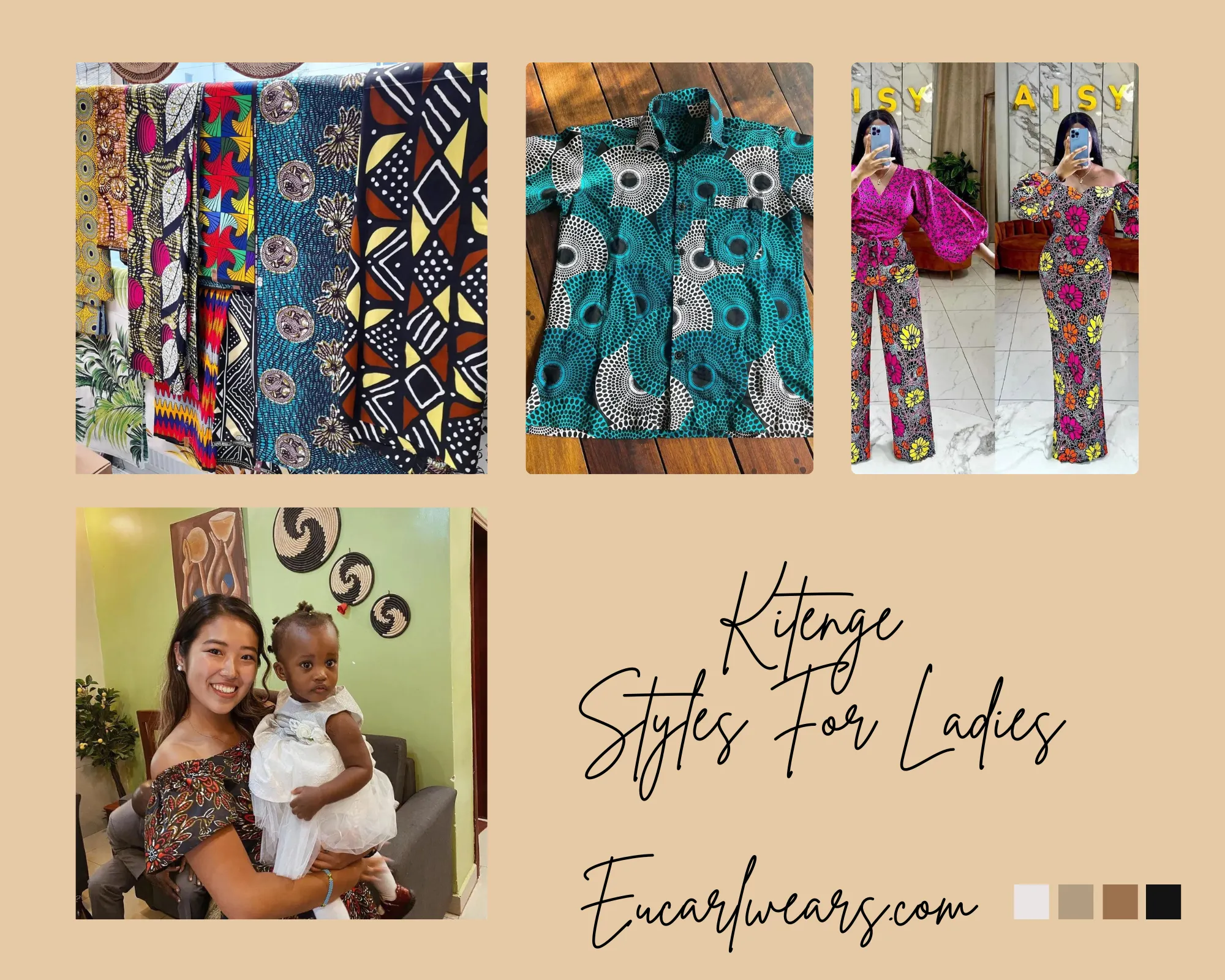

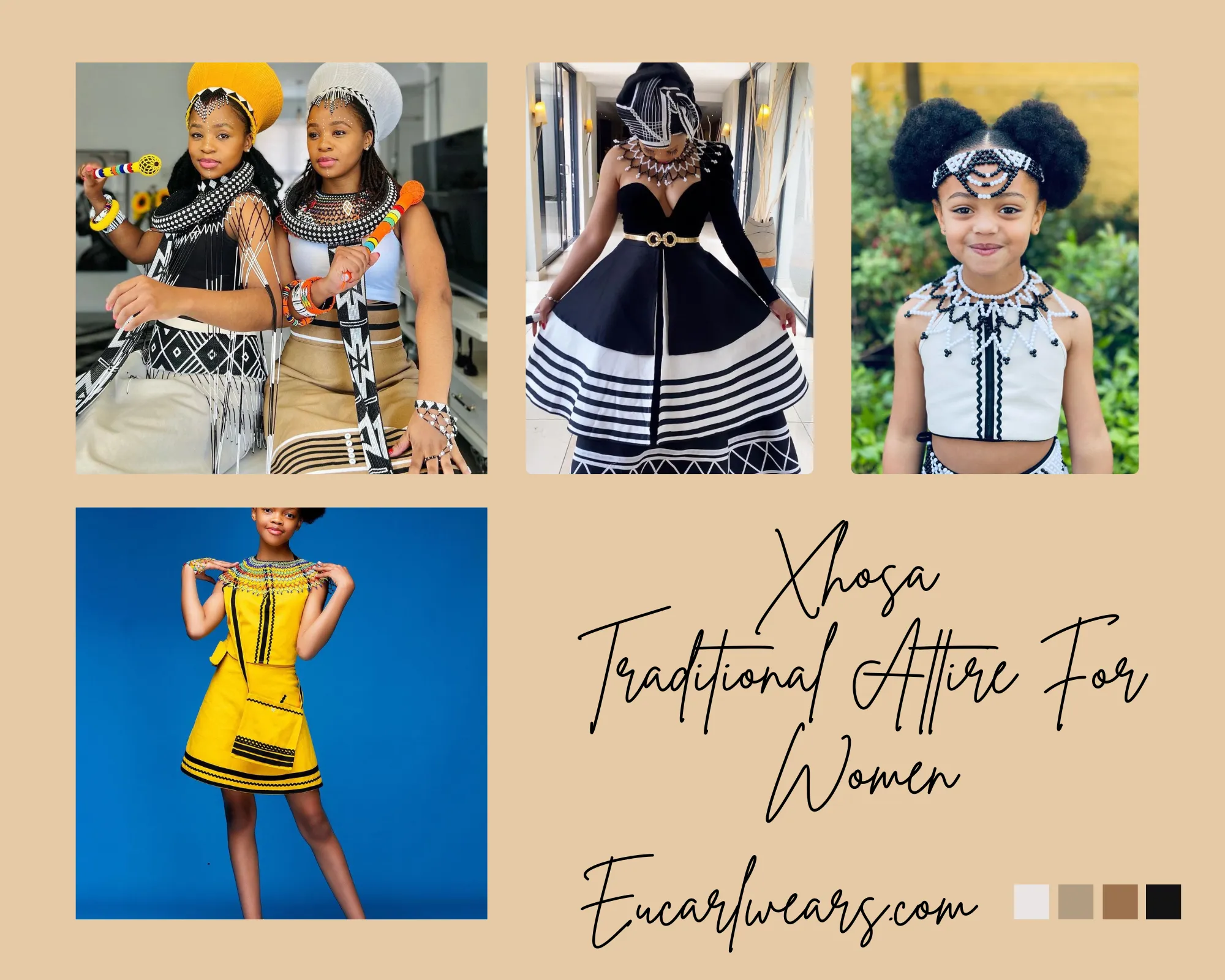
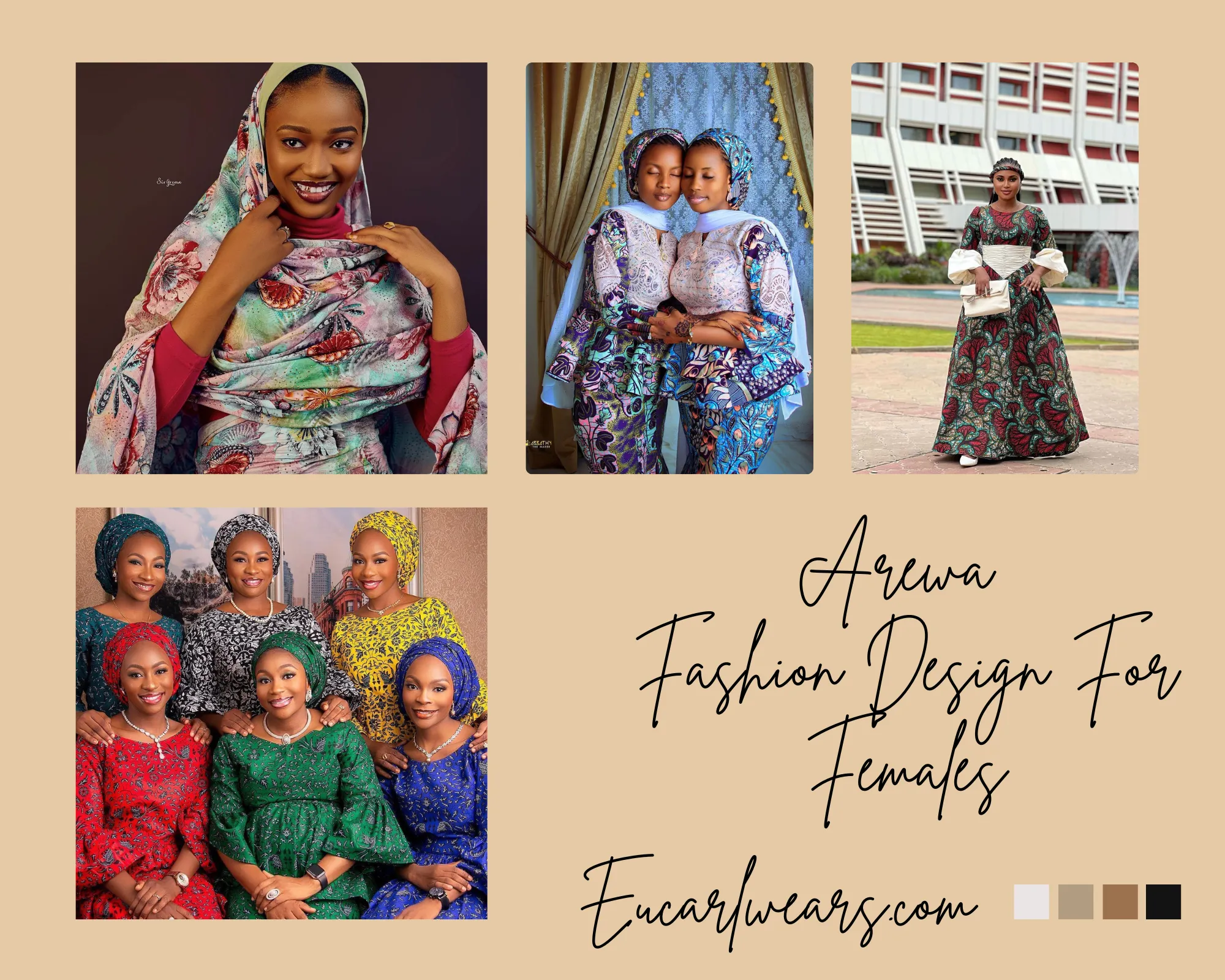

You must be logged in to post a comment Login